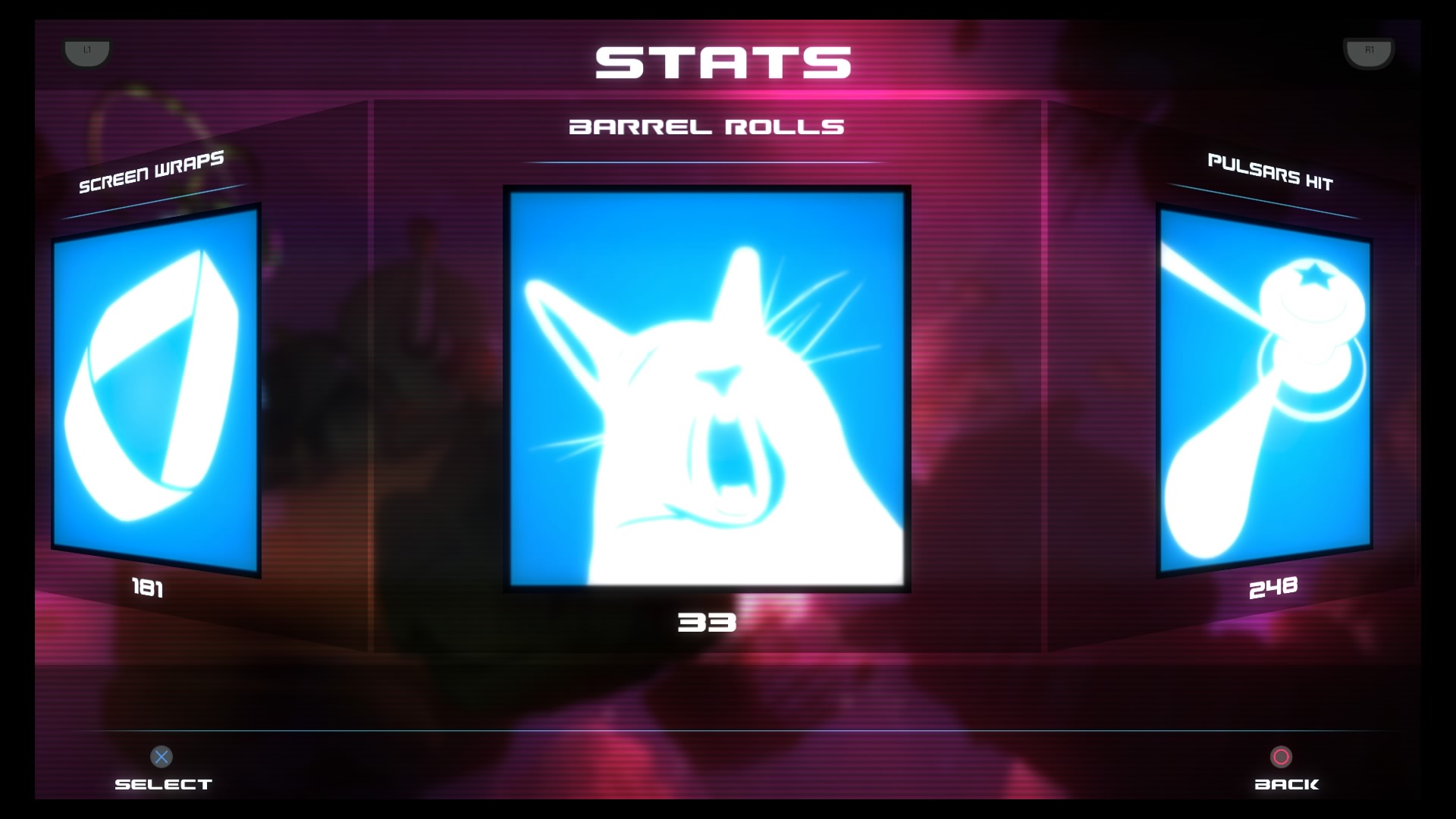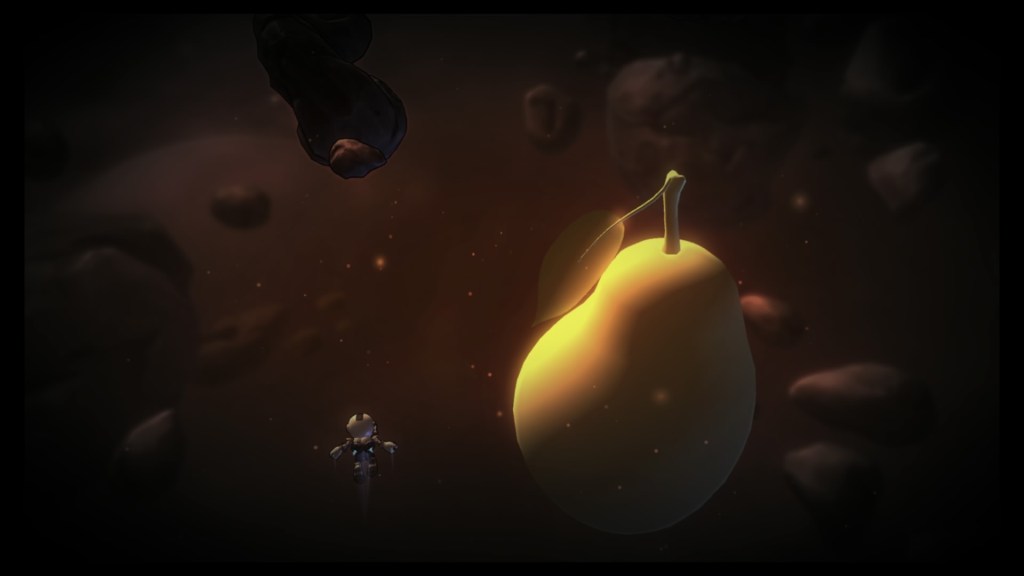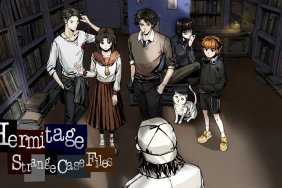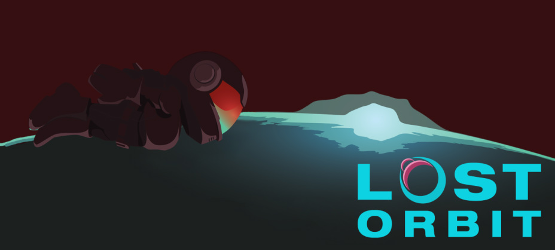
Indie developer/publisher PixelNAUTS has graced us with their presence once again, after first appearing on the PlayStation 4 with the lukewarm Contrast. This time, speed is the name of the game in Lost Orbit, where you have to take a stranded astronaut and get him home. Has the PixelNAUTS team backed the right game this time?
Not Harrison Ford
In Lost Orbit, you play as Harrison, a bottom-of-the-barrel maintenance worker. On what appears to be a routine repair job in space, something sideswipes your ship, leaving you stranded. Out of nowhere, a relatively friendly droid decides to help you. He calls himself null, but you decide that’s no name to be put on a gravestone, and instead opt to call him Attlee. Thus begins a lighthearted friendship between a man and a robot.
Lost Orbit‘s story is surprisingly nuanced for an indie game. Generally, the tone is darkly humorous, with highs and lows like any other. The entire story is told through a third-person account by Attlee, as Harrison only occasionally grunts as you move him through the galaxy. There’s even a reference to The Matrix, as well as to Starfox 64.
Strategically Orbiting
Lost Orbit can best be described as a top-down action game, where the main objective is to not get hit by anything as you zoom around in space. Harrison moves pretty slowly in hit jet-powered suit, but hold down the X button and things will get moving in a hurry. Coming in close to (but not directly at!) a nearby planet will suck you into orbit, and you can generate a speed boost to move more quickly to your destination. Using different types of planets can have differing effects. A boost planet will do as its name implies, while a liquid planet will trap you inside, allowing you to change direction in a burst of speed.
Graphically, Lost Orbit doesn’t disappoint. There are multiple layers to each level, each of which are presented in a wide array of colors and with light cel-shading to boot. There are only ever a handful of moving parts onscreen, and for the most part the PS4 handles the game with little issue. The game does occasionally stutter for a brief moment here and there, but it’s nothing worth getting upset over.
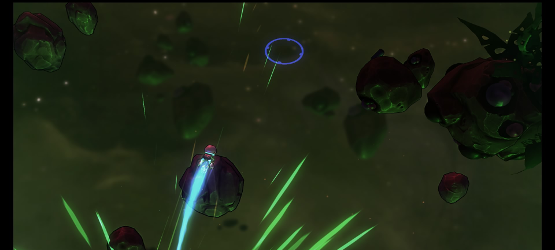
Looping With Master Beats
Audio work is also very nicely done, with a soundtrack that keeps pace with the onscreen action. If you die (and you will!), the music will slow down to a crawl as your lifeless body begins to drift into the void. Start over from your last checkpoint, and the music picks right back up again. There’s celebratory music at the end of each stage, and each of the campaign’s chapters have different music tracks to go along with the look and feel of the levels. Sadly, there are only four chapters to the campaign, and with each mission lasting only a scant few minutes apiece, this adventure is over just as it starts getting really good.
One of the more useful features of Lost Orbit is the fact that the maps loop horizontally. This means that when you exit to the far left of the screen, you will appear from the right side, and vice versa. This mechanic is needed pretty frequently to advance in later levels, and is pretty mind-bending at first. Coupled with jumps and wormholes, it can be pretty easy to lose track of Harrison as he does neck-turning moves with relative ease.
Lost Orbit comes packed with plenty of challenge. The game requires pretty quick reflexes, though all but the slowest twitch fingers amongst us should be able to beat the main campaign with few frustrations. There is a fairly generous checkpoint system, so most deaths don’t set you back too far. As you complete each level, you are graded based on criteria such as time taken, Obtainium collected (more on that later), and number of deaths it took you to complete the level. You can earn a badge based on your performance, from Bronze to Platinum; each tier will earn you more Obtainium. There are also time trials, where you try to beat your best run, for added replayability.
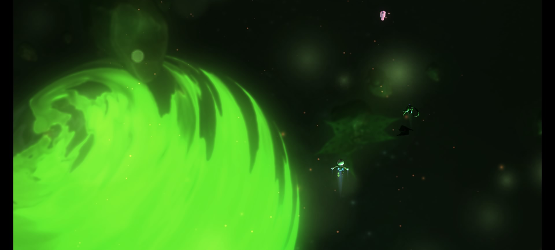
Totally Obtainable
Obtainium, as opposed to the ever-popular sci-fi trope of unobtainium, is Lost Orbit‘s in-game currency. You can use it to unlock new abilities for Harrison, and later upgrade those abilities so that before you know it you’re bombing your way to the finish line while barrel rolling out of harm’s way. With this game being so heavily reflex-based, it’s very nice to get into a groove and soar flawlessly through a level.
If you’re looking for a game that will test your reflexes, Lost Orbit is your game. Developer PixelNAUTS has brought together a fine group of programmers, story tellers, and musicians to craft a genuinely enjoyable, challenging, and even uplifting adventure that you’ll want to replay in order to perfect each level.
Review copy was provided by the publisher. For information on scoring, please read our Review Policy here.
-
Entertaining story
-
Challenging later levels
-
Reasons to play again
-
Over too soon
-
Some stuttering issues
Lost Orbit
-
LOST ORBIT_20150506223258
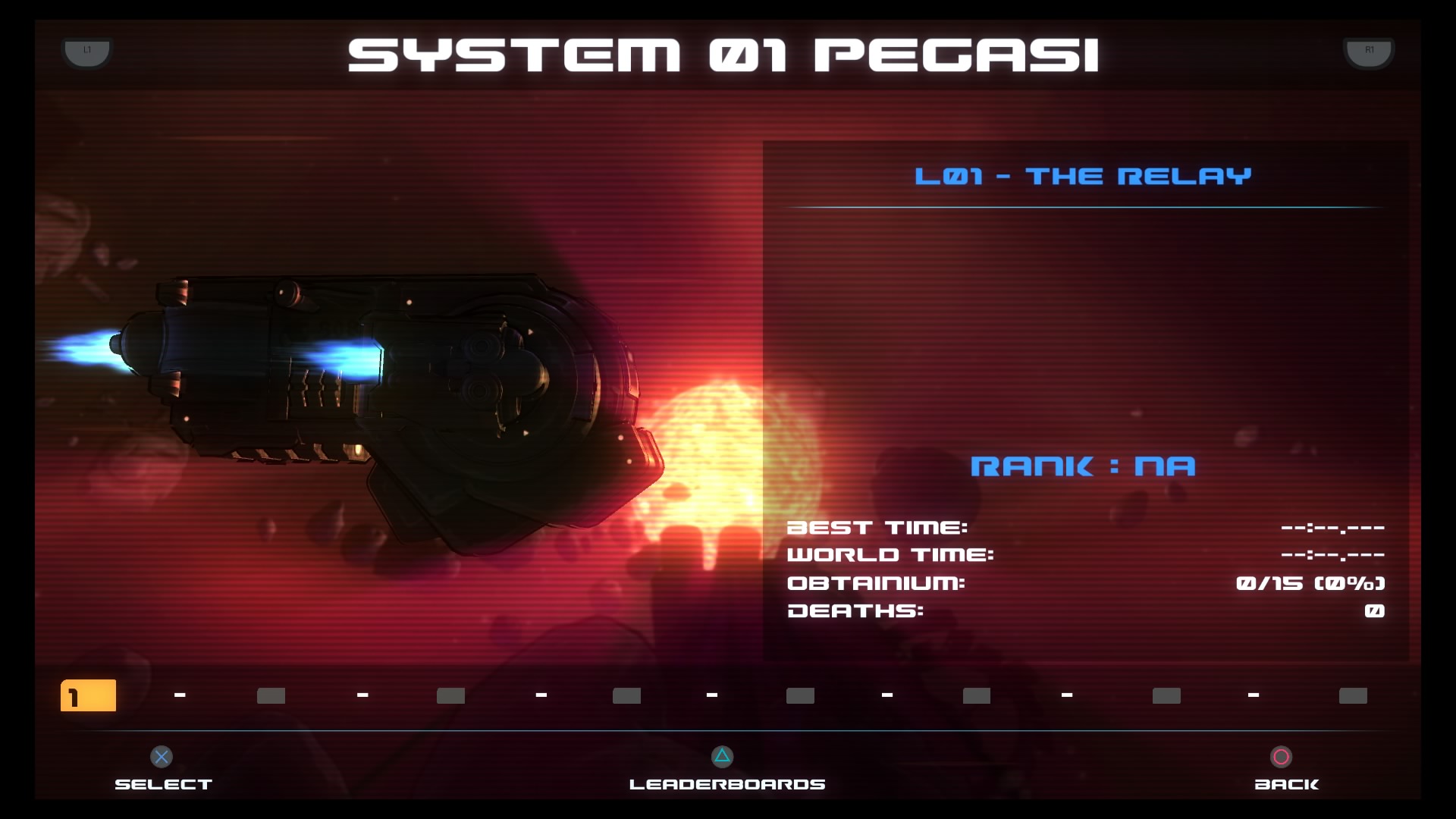
-
LOST ORBIT_20150506223319
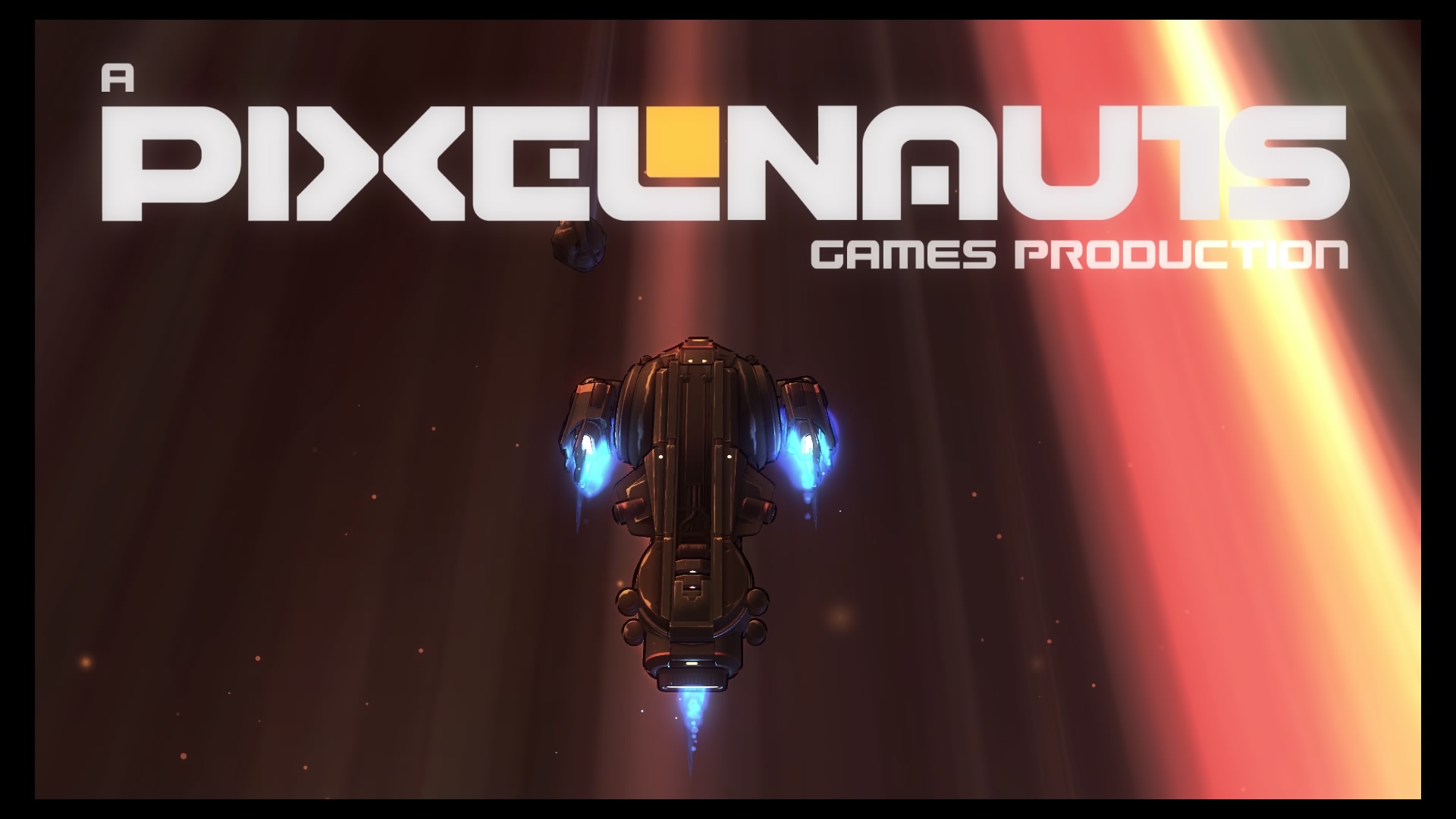
-
LOST ORBIT_20150506223503
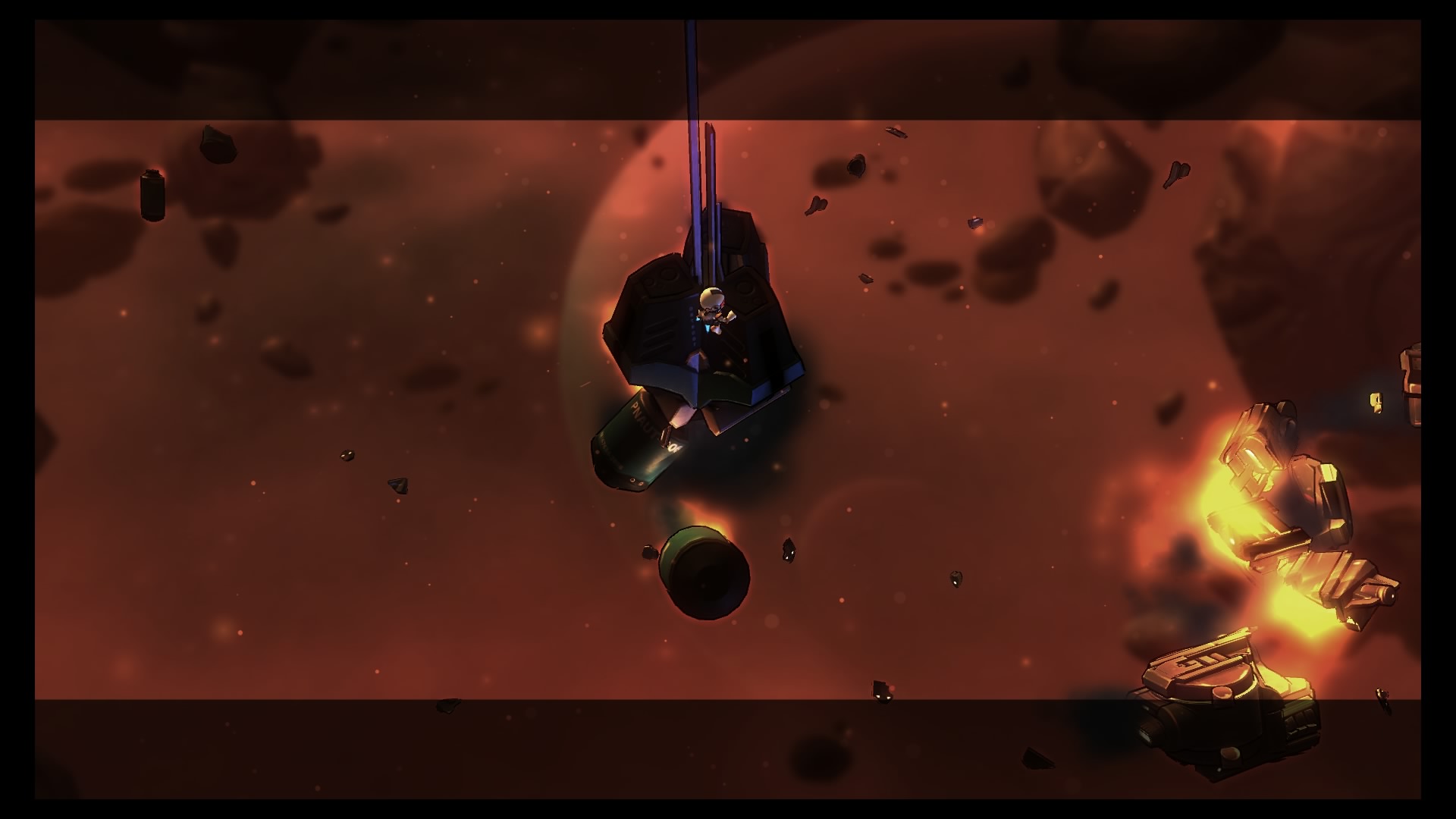
-
LOST ORBIT_20150506223534
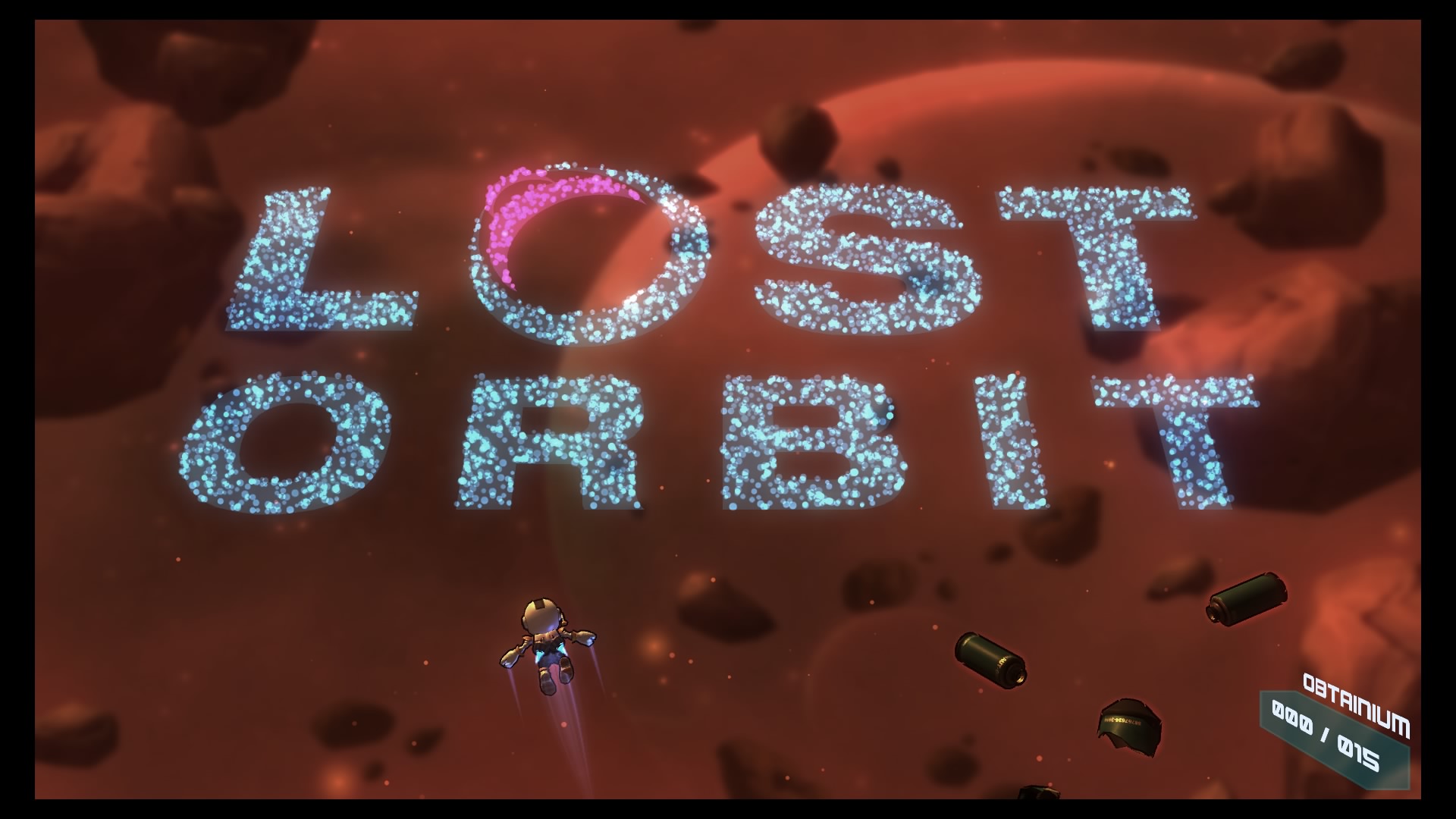
-
LOST ORBIT_20150506223622
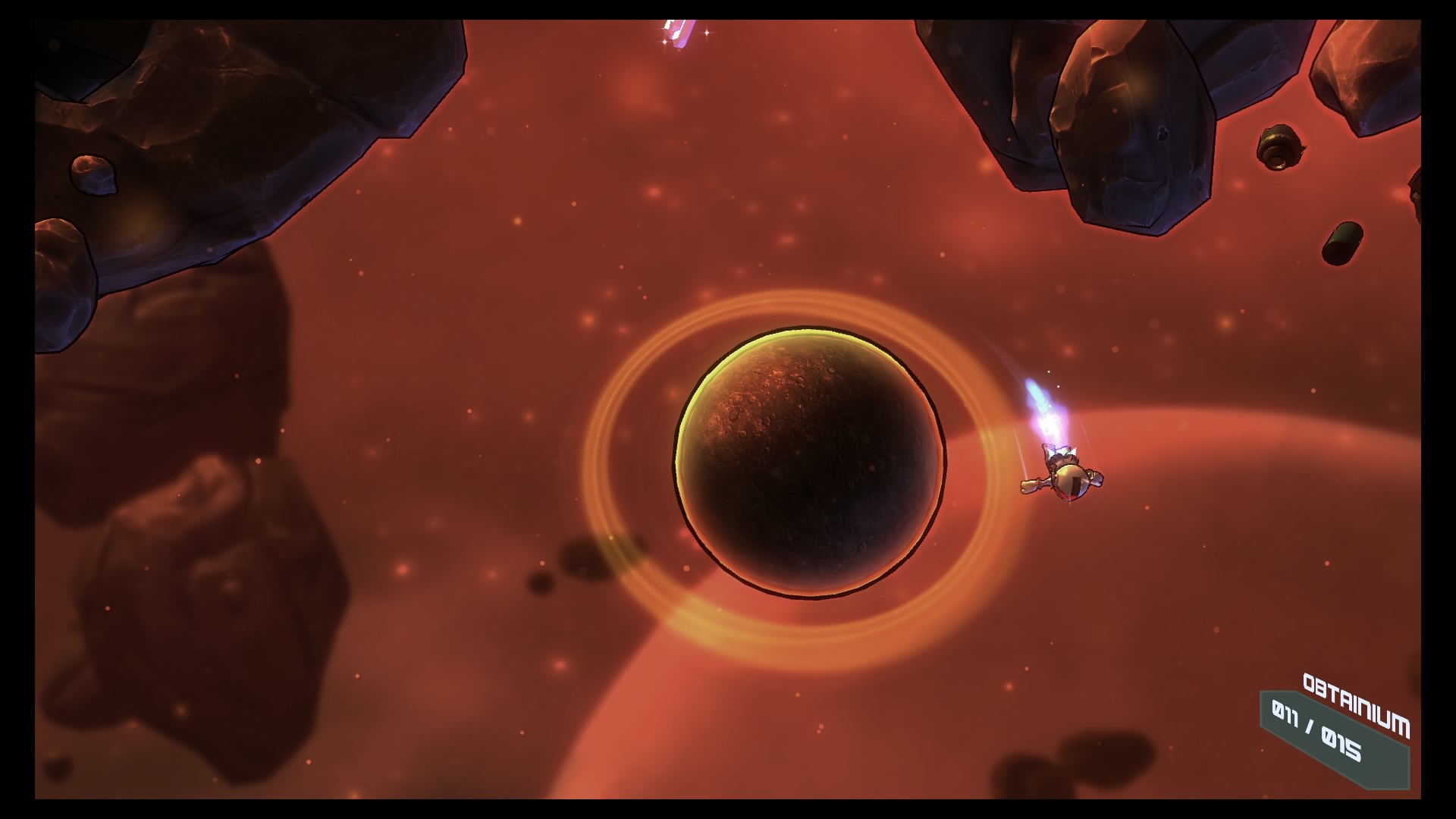
-
LOST ORBIT_20150506223633
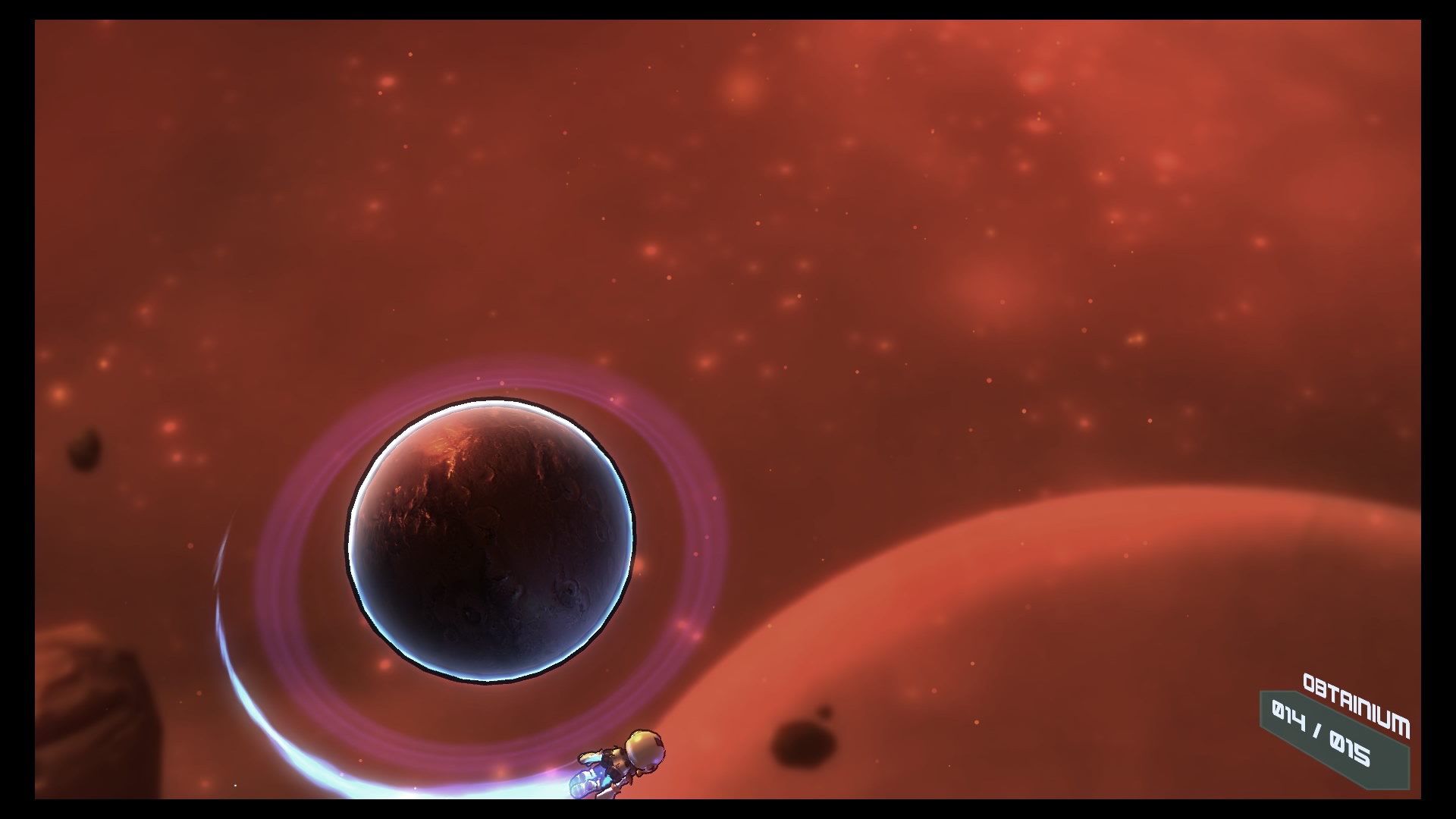
-
LOST ORBIT_20150506224307
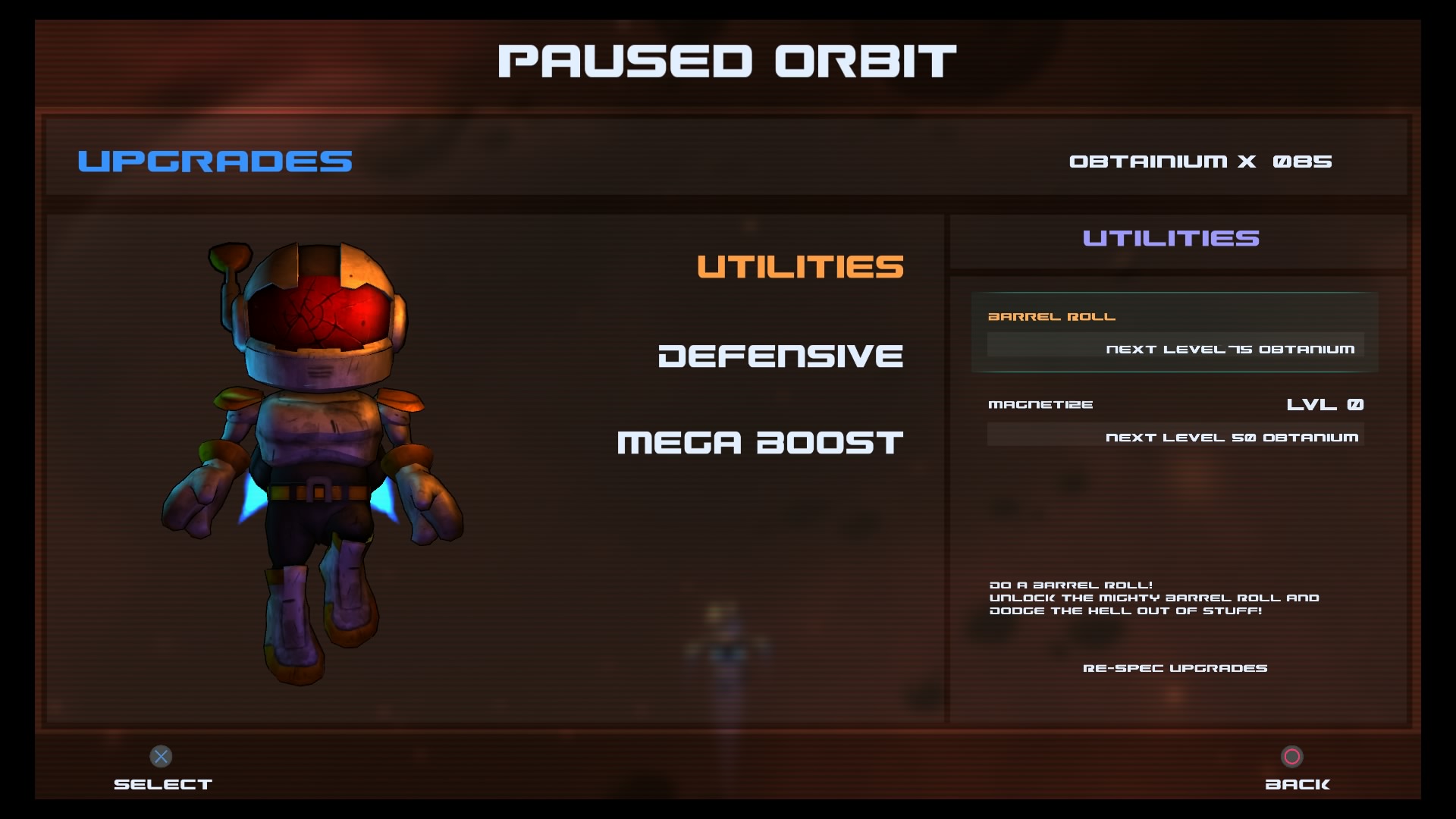
-
LOST ORBIT_20150506224947
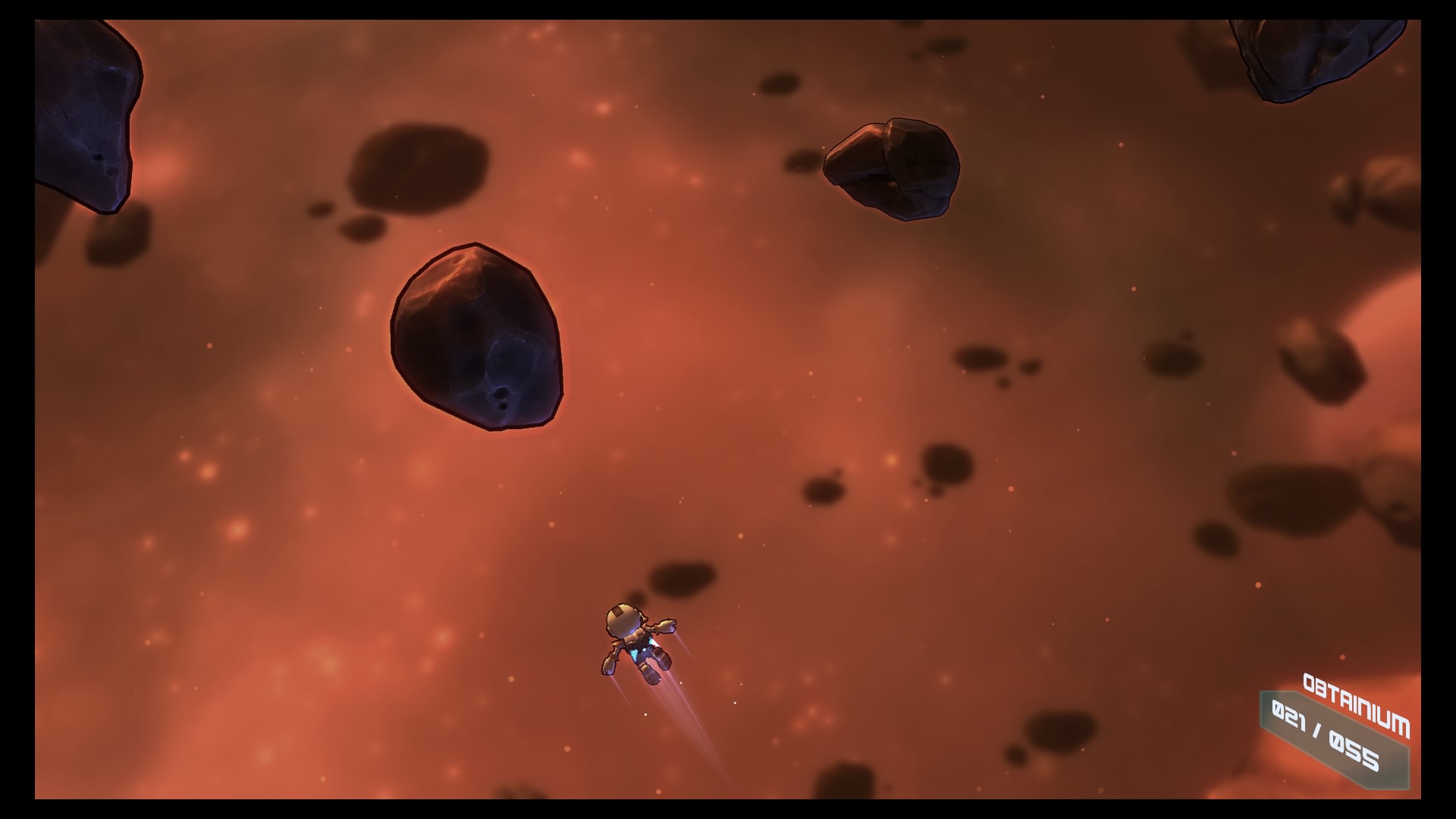
-
LOST ORBIT_20150506225127
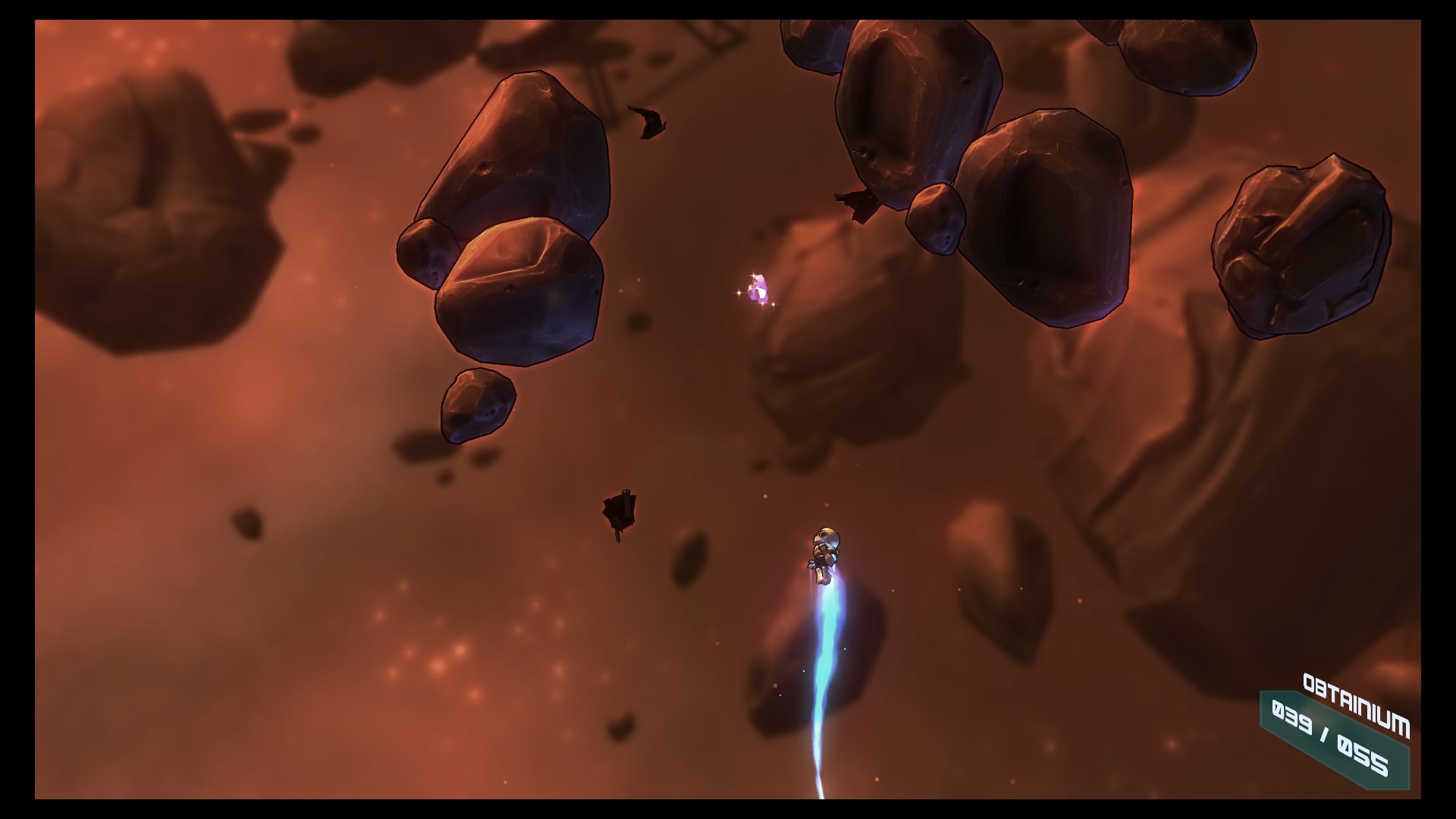
-
LOST ORBIT_20150506225237
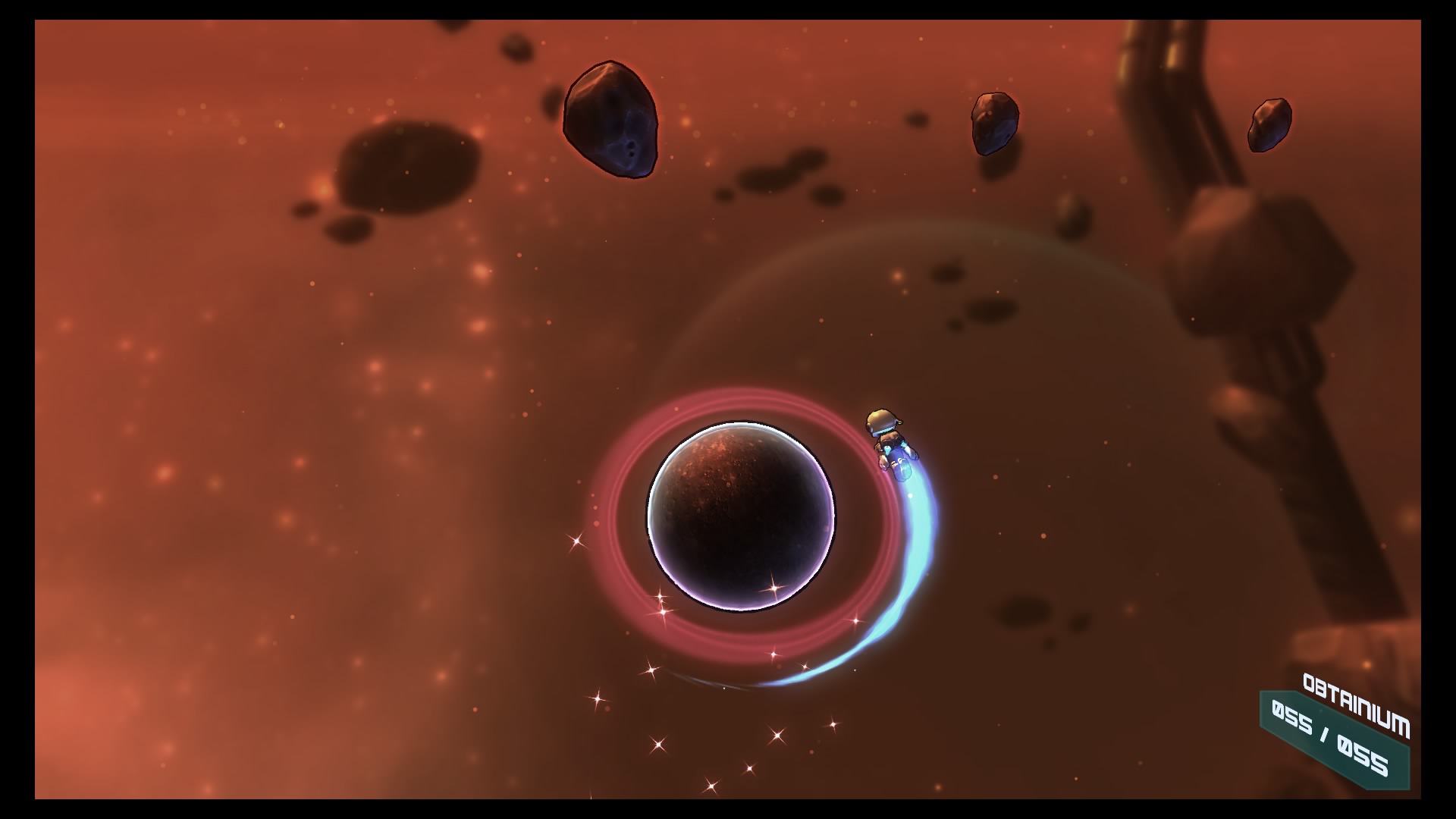
-
LOST ORBIT_20150506225407
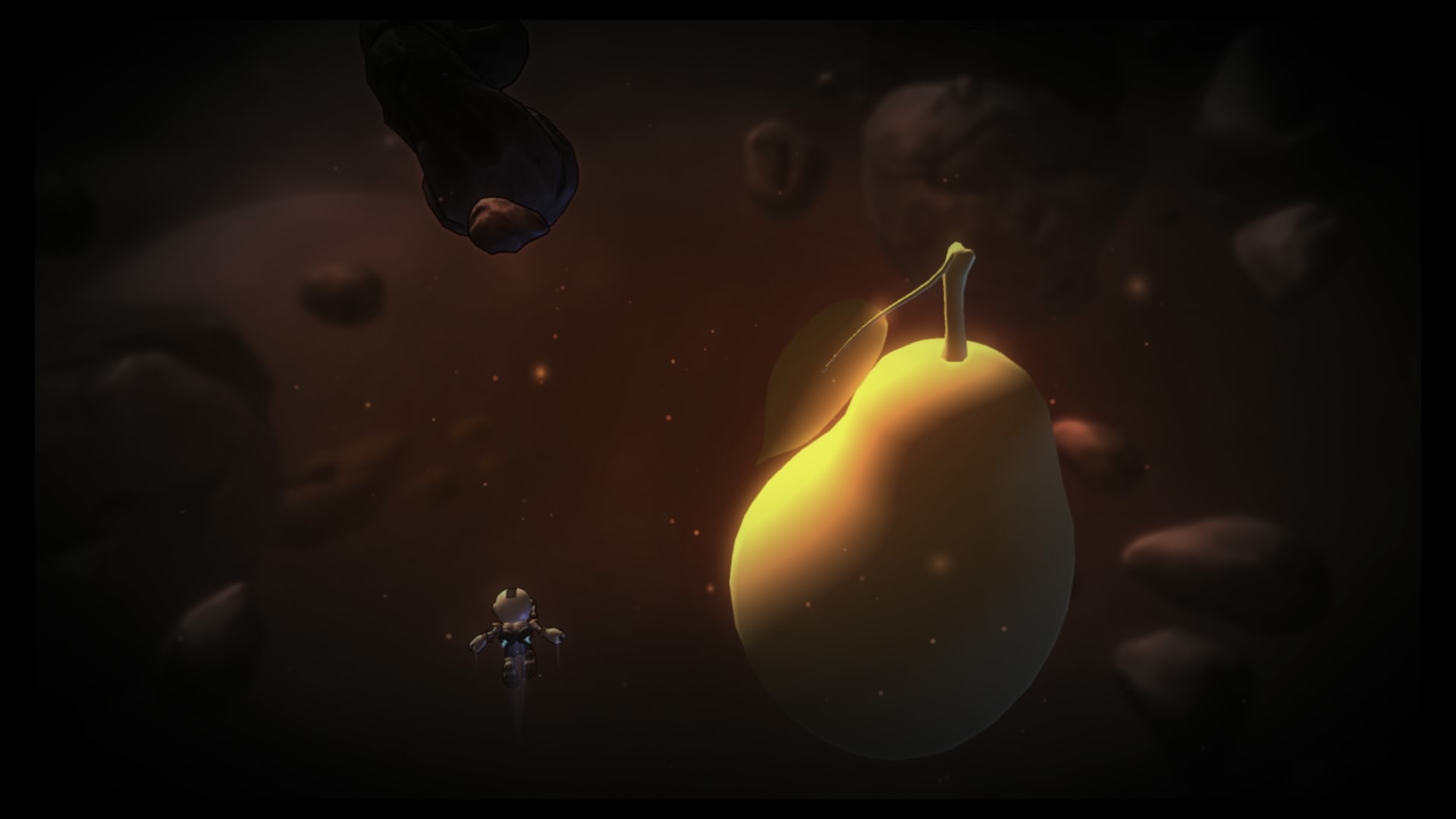
-
LOST ORBIT_20150506225438
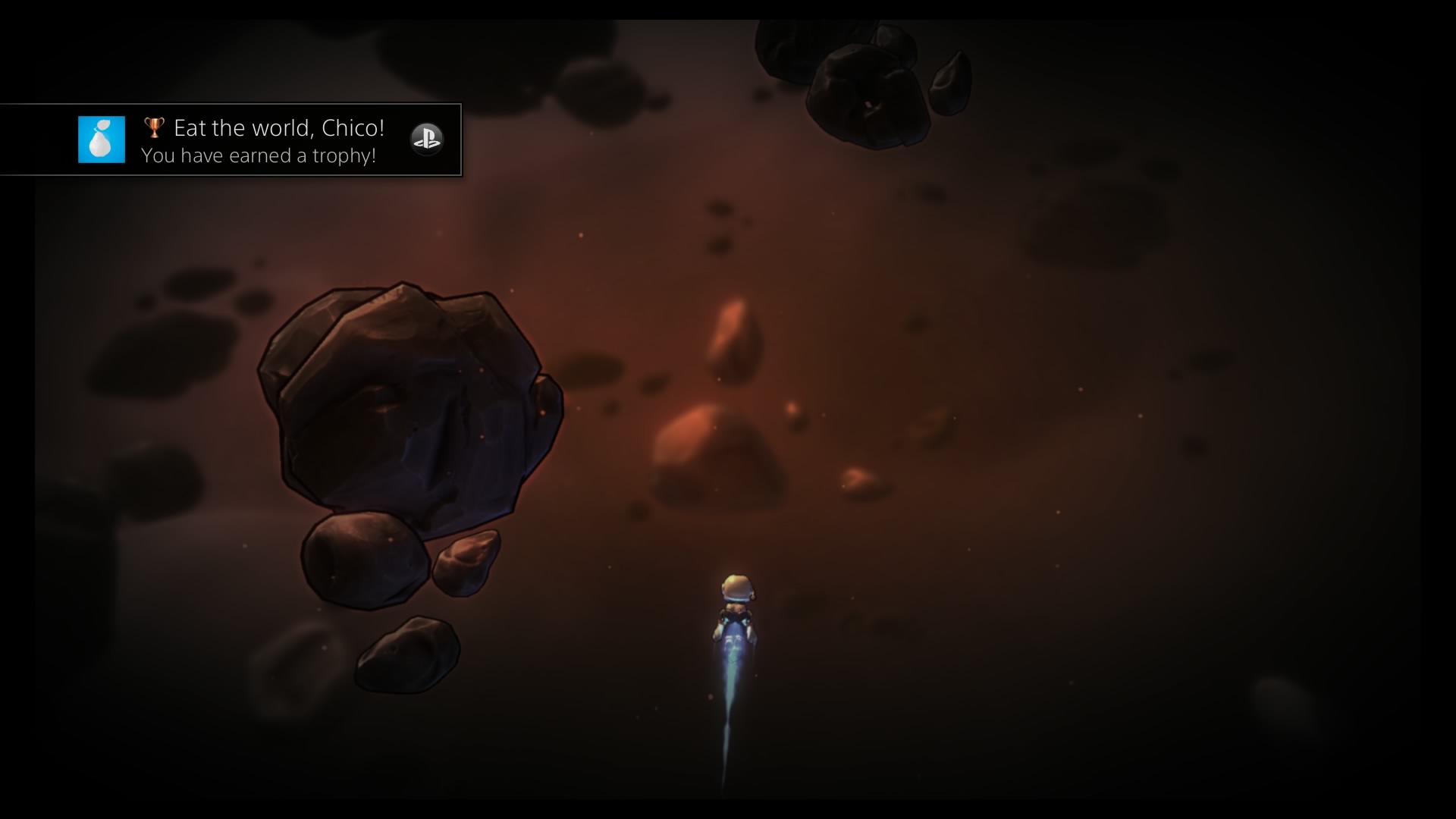
-
LOST ORBIT_20150506230236
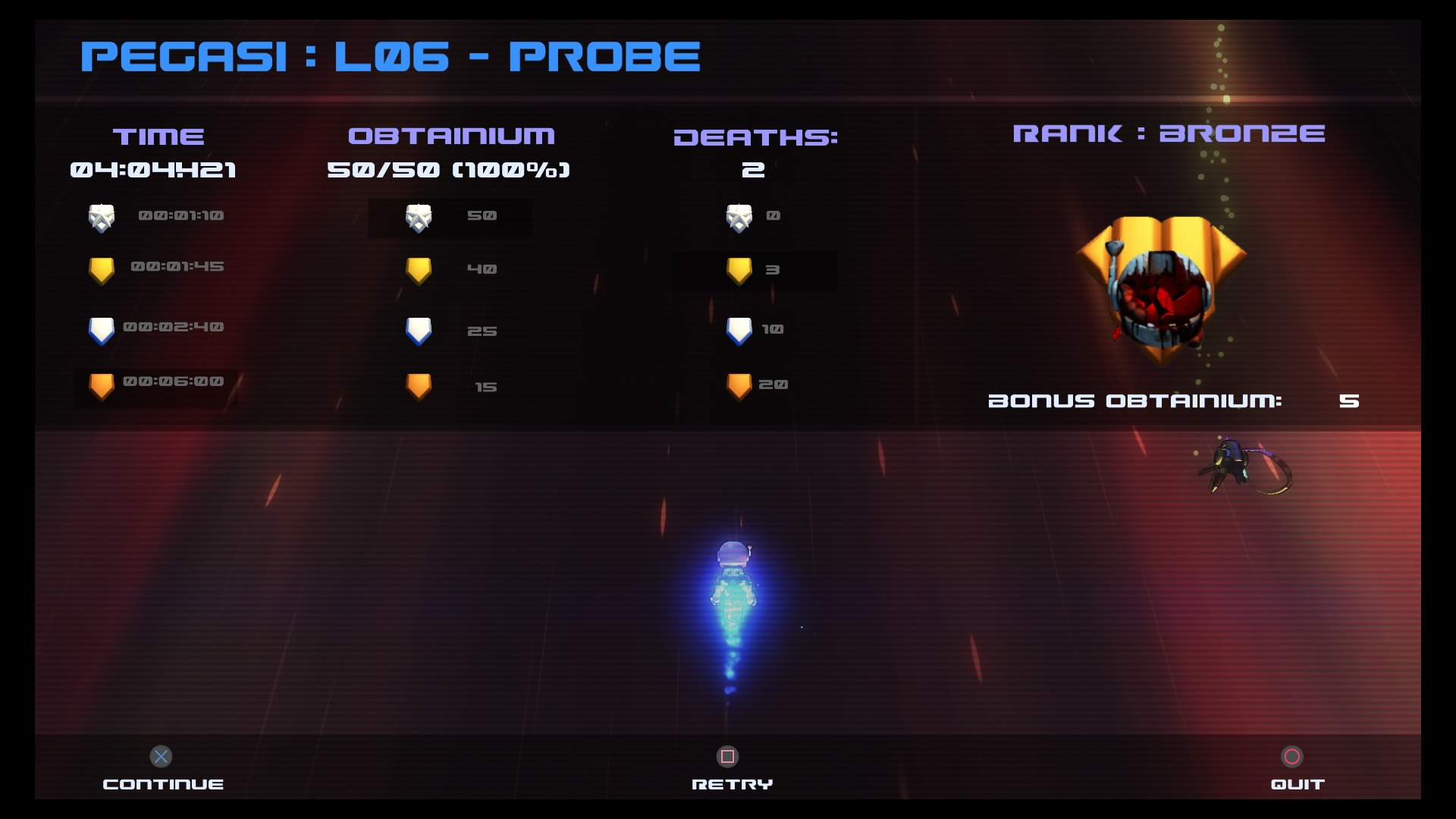
-
LOST ORBIT_20150506230412
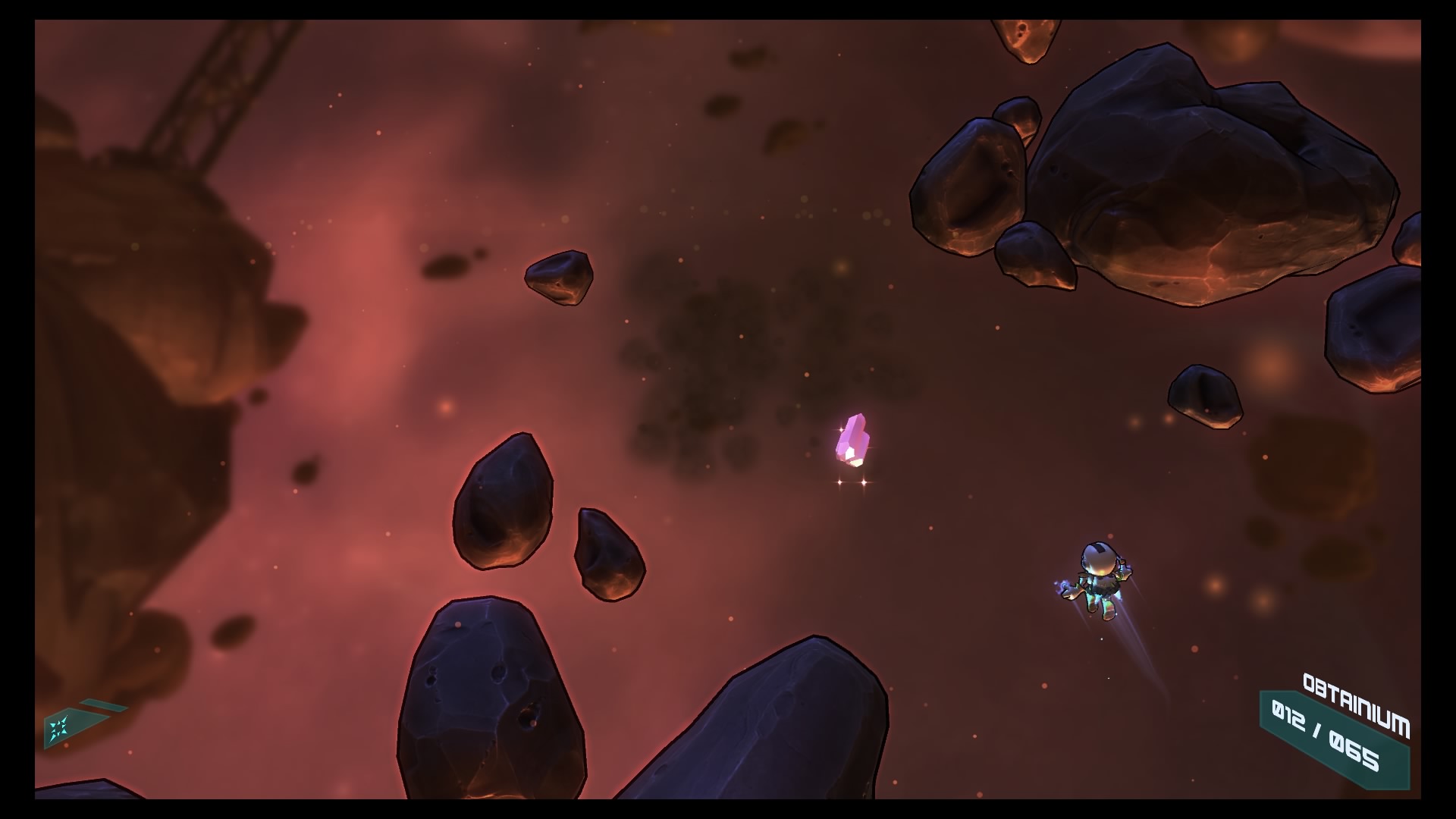
-
LOST ORBIT_20150506230645
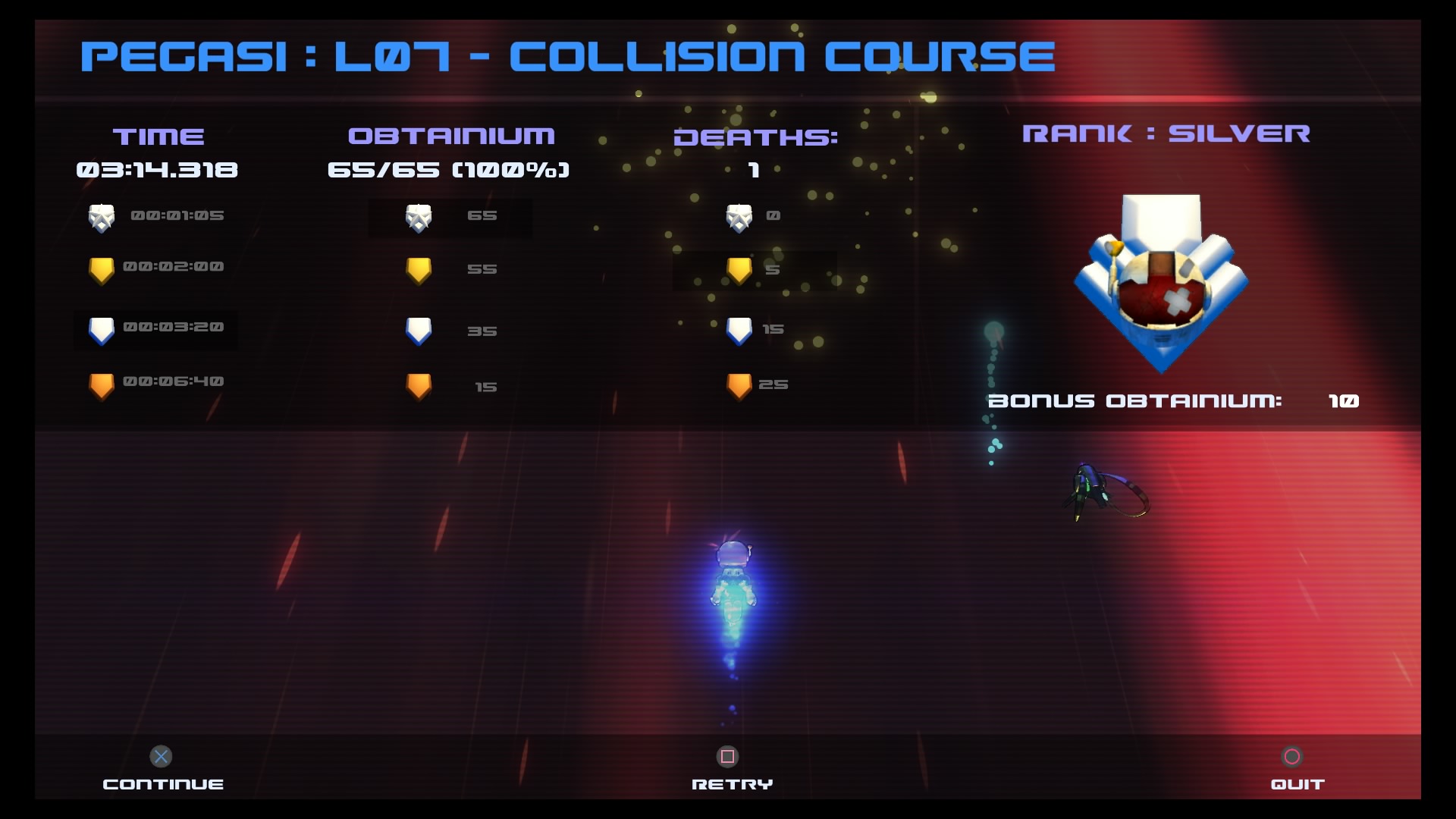
-
LOST ORBIT_20150506231031
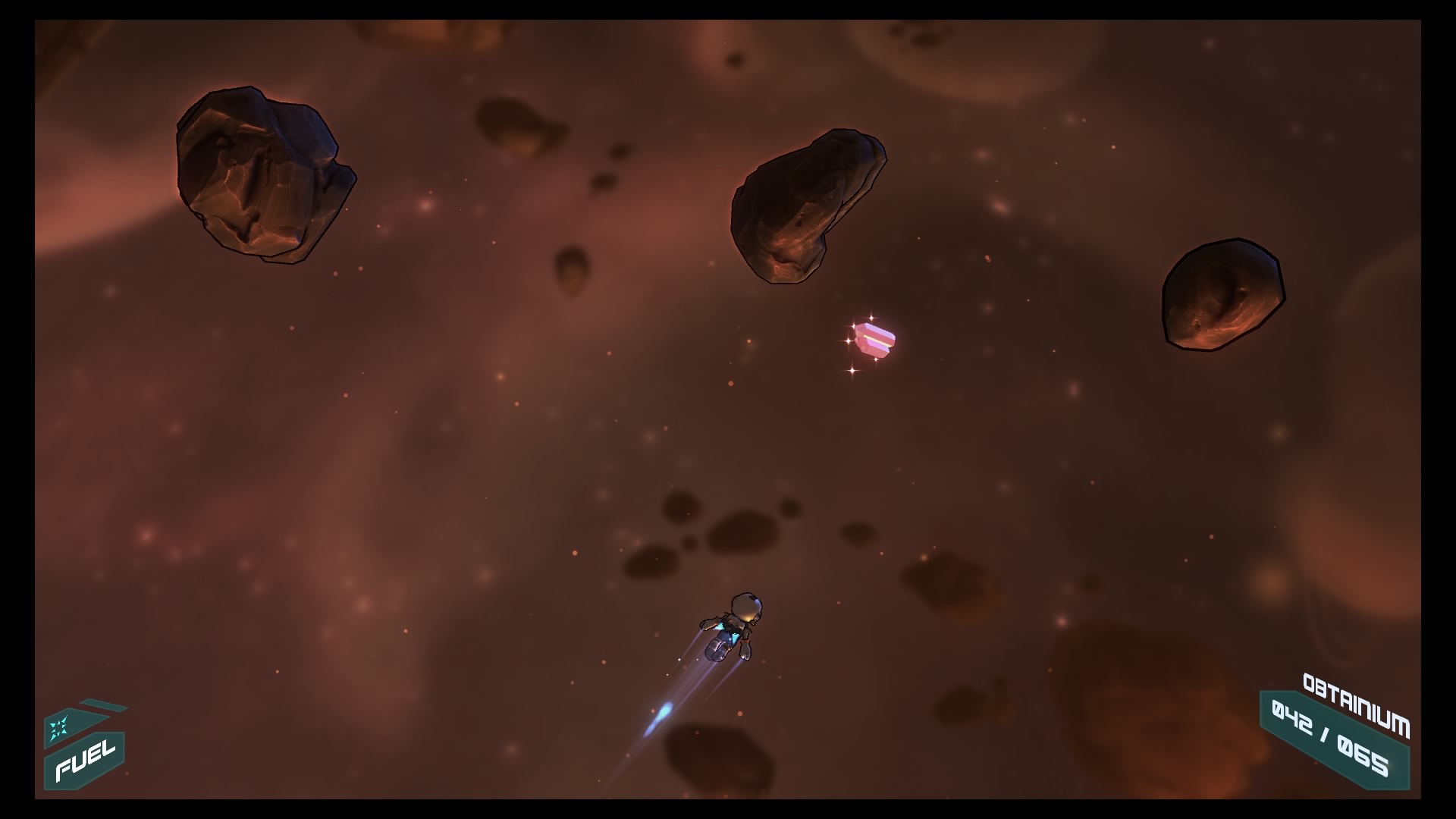
-
LOST ORBIT_20150506231043
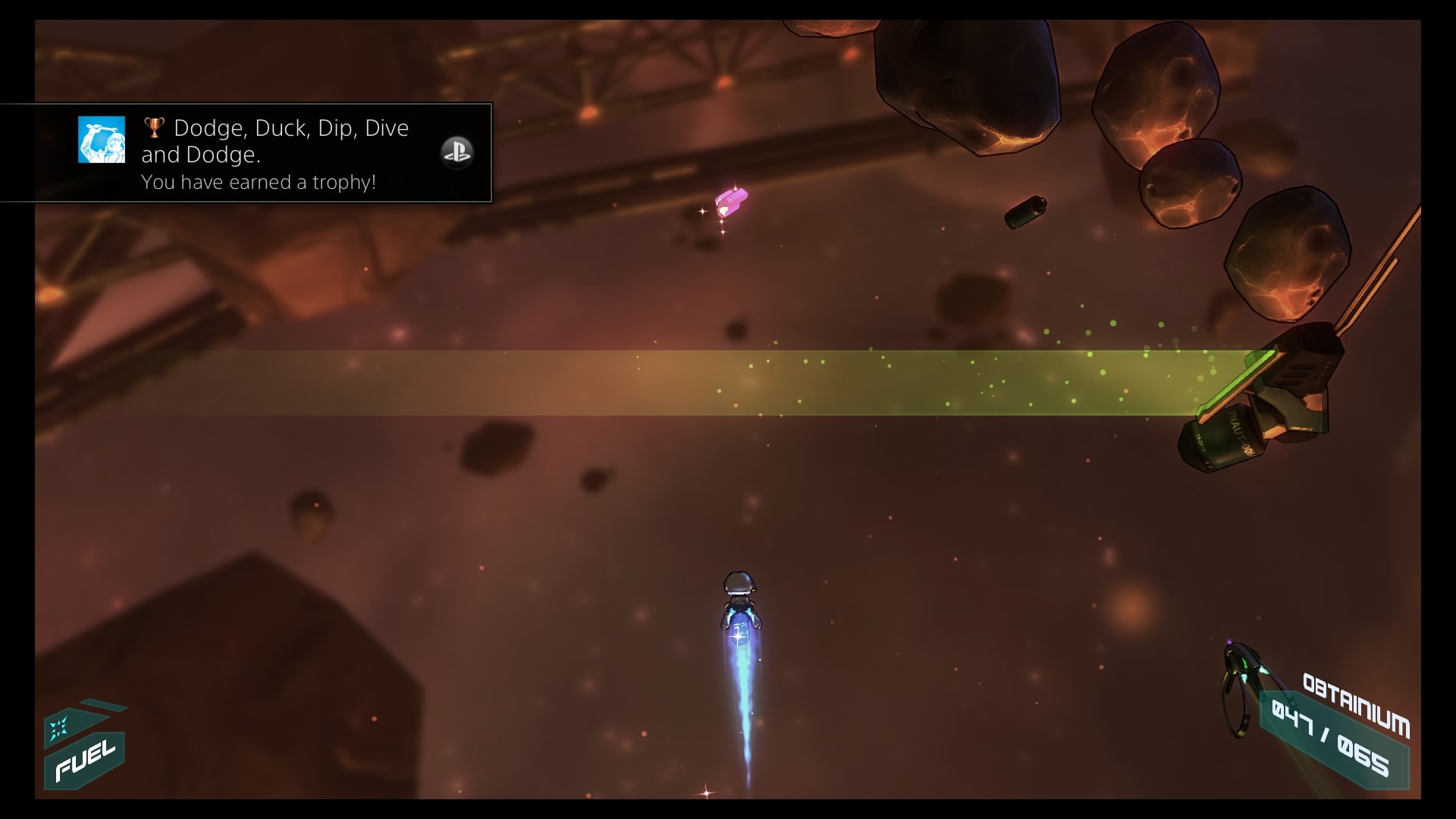
-
LOST ORBIT_20150506231209
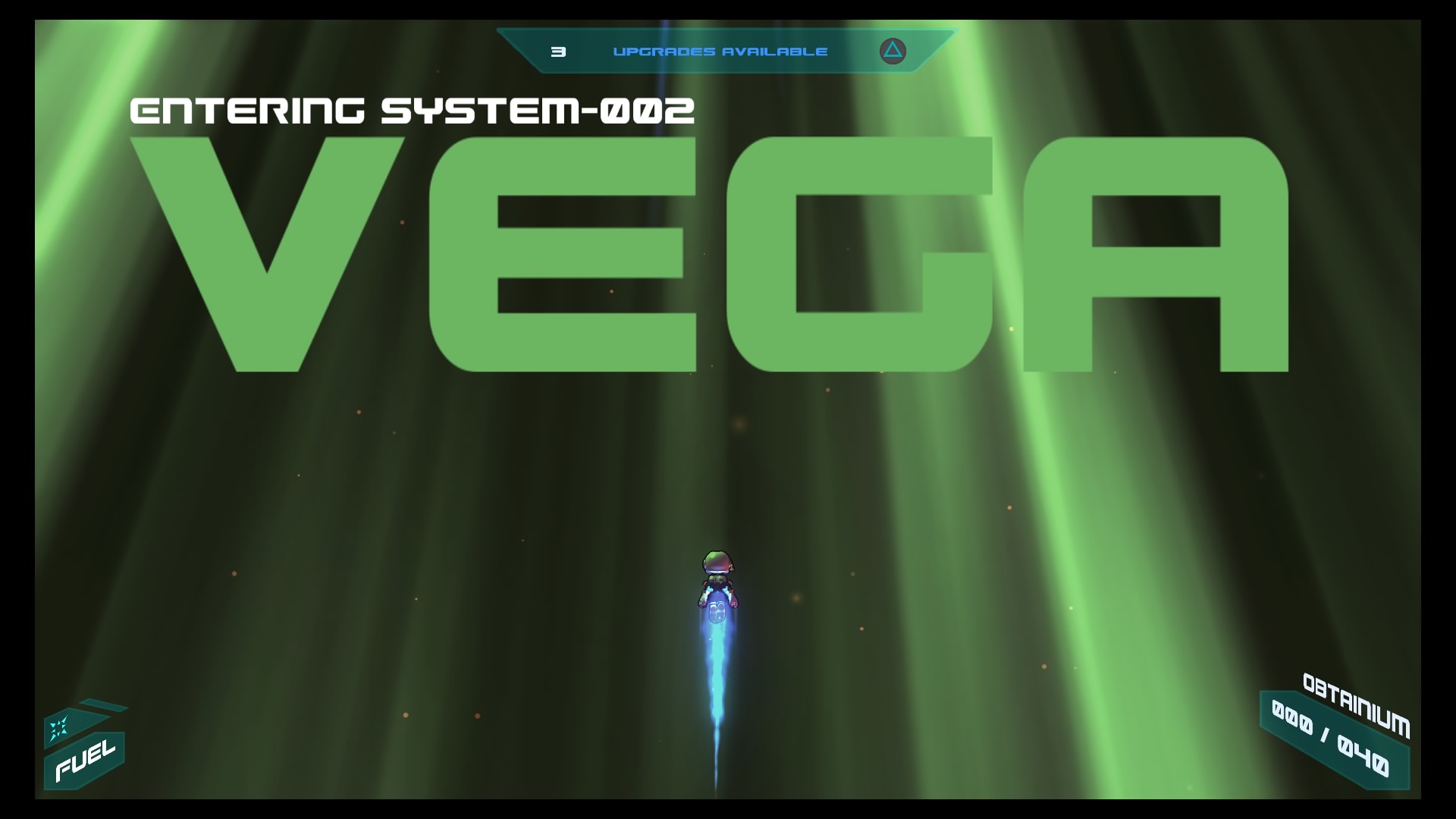
-
LOST ORBIT_20150507213720
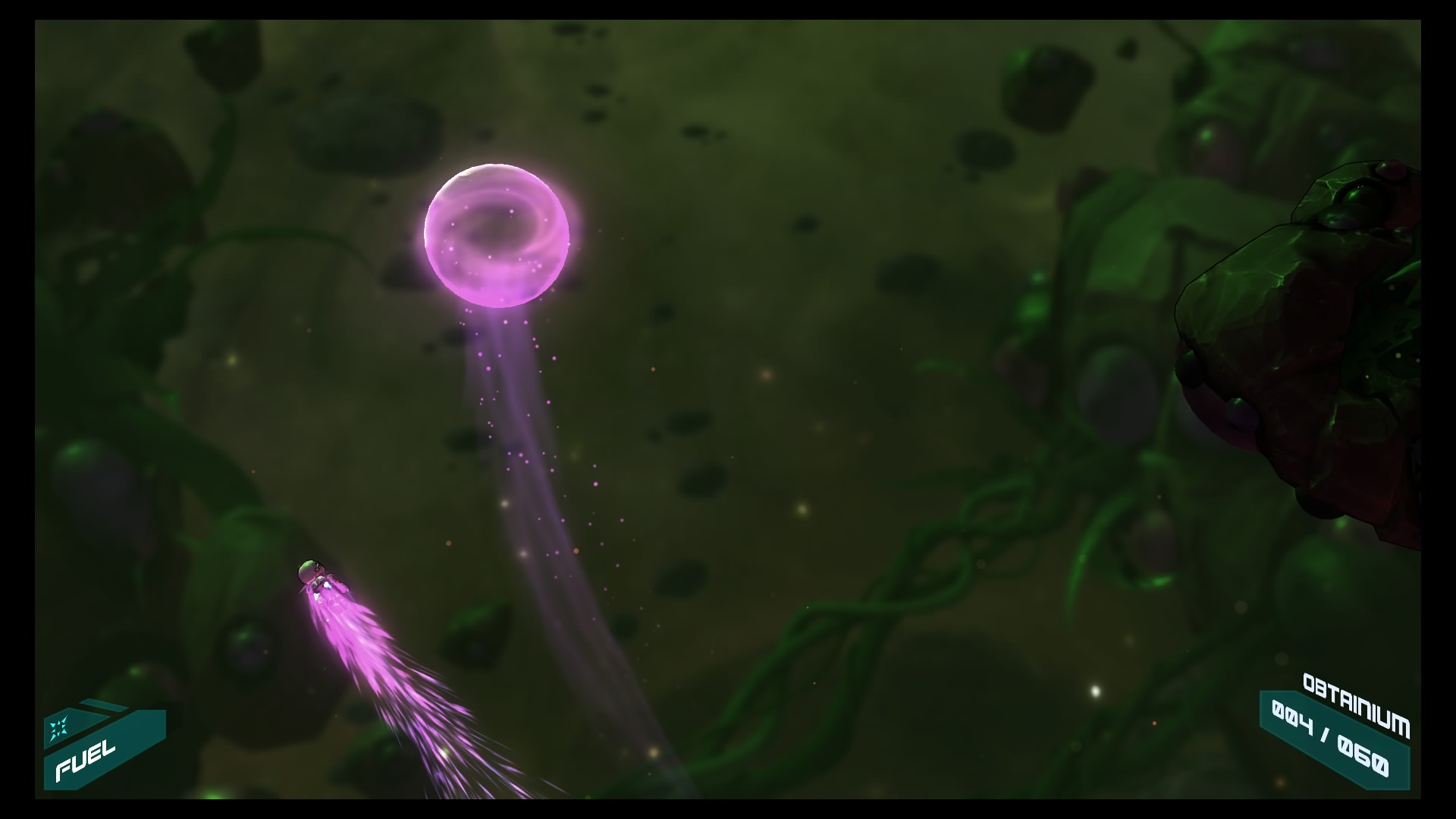
-
LOST ORBIT_20150507214625
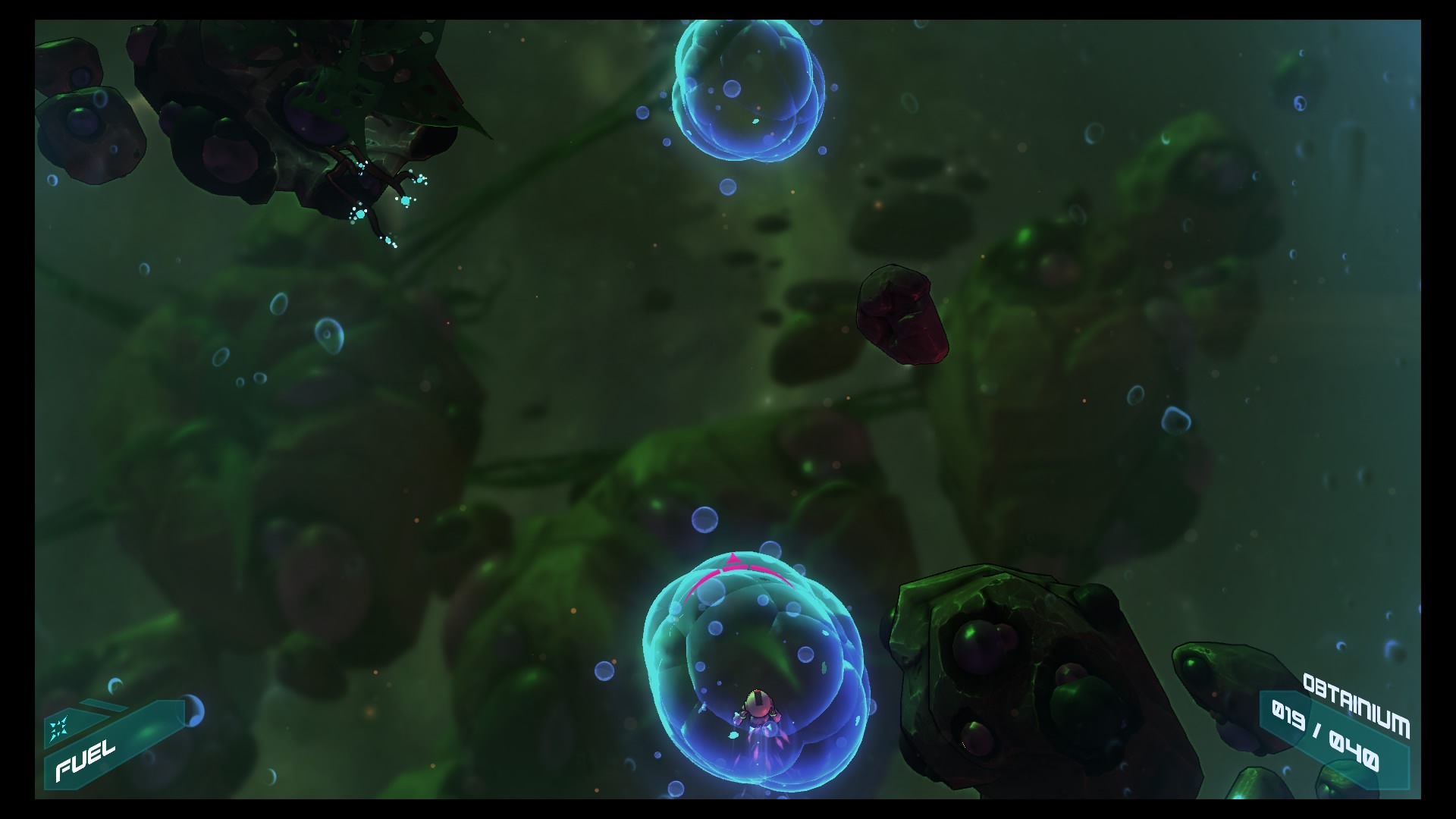
-
LOST ORBIT_20150507215207
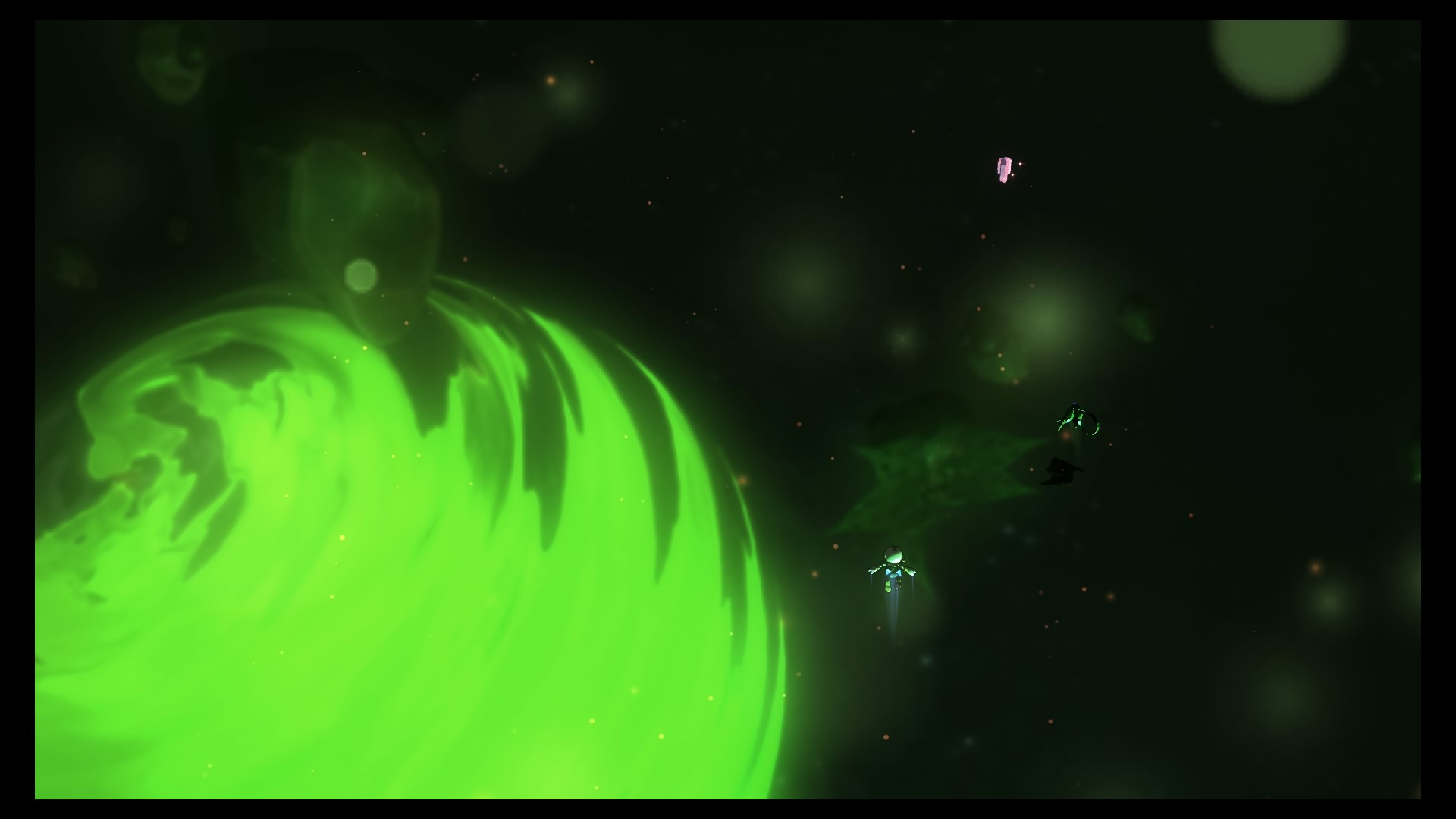
-
LOST ORBIT_20150507215412
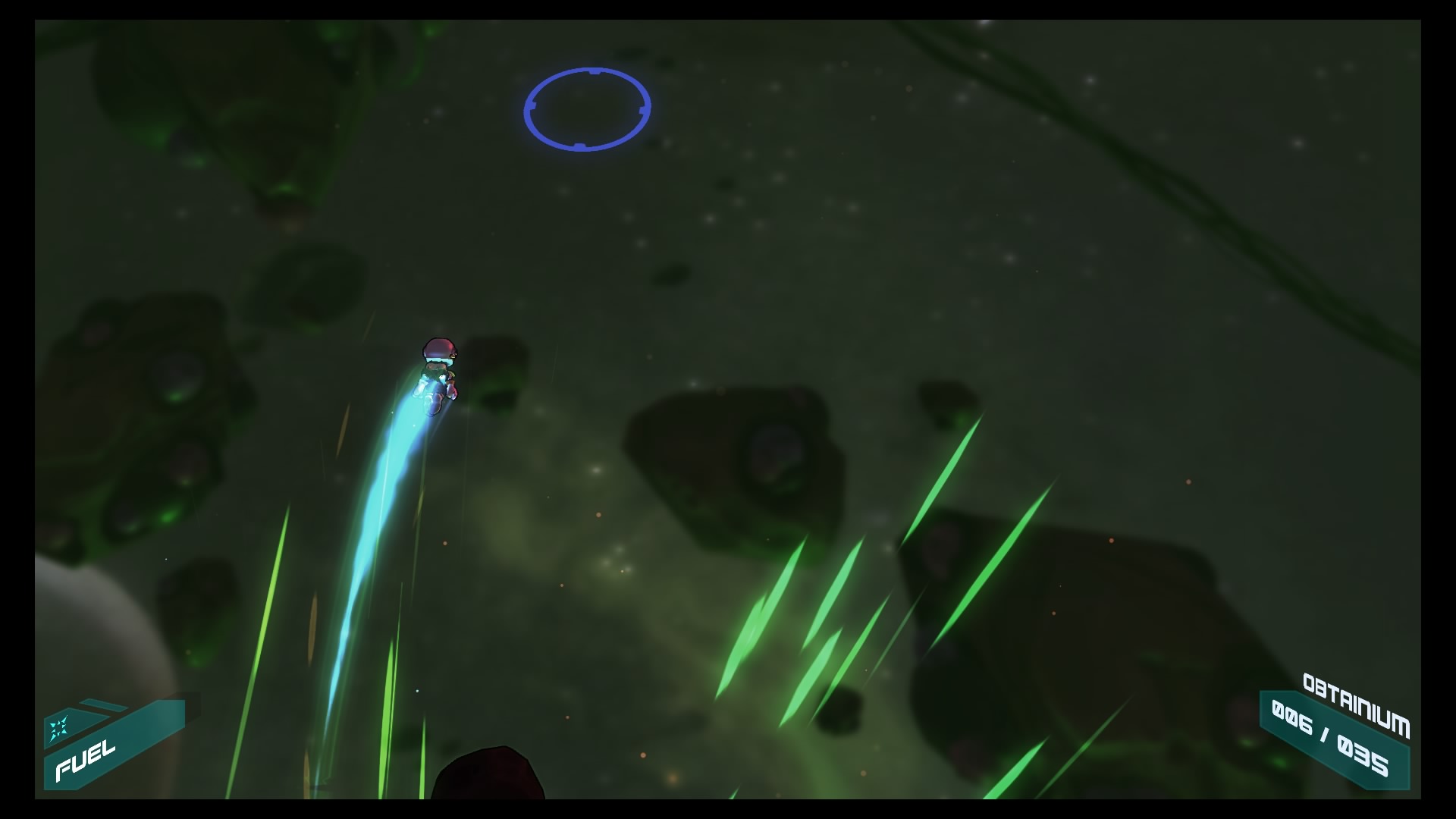
-
LOST ORBIT_20150507215836
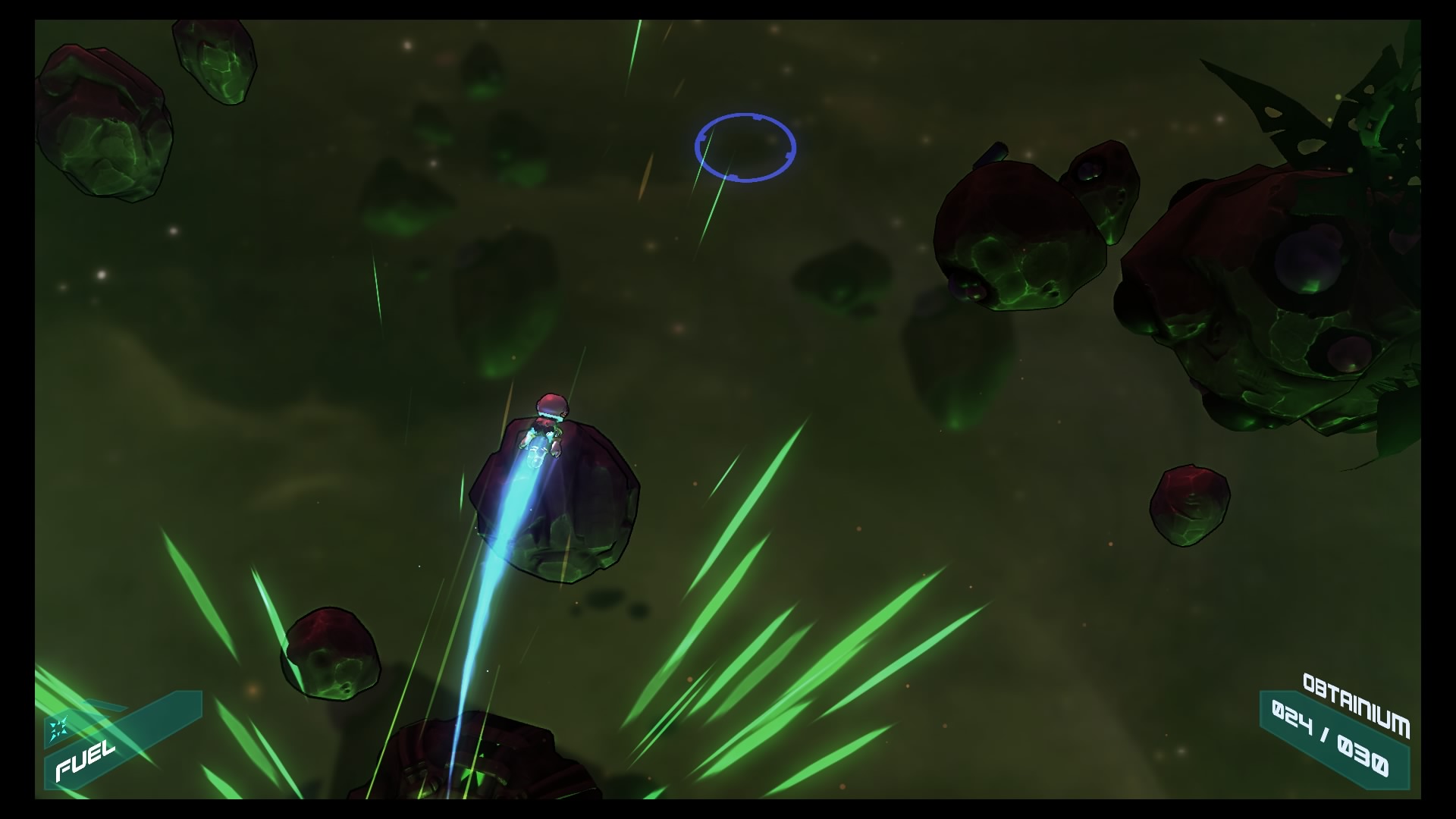
-
LOST ORBIT_20150507220856
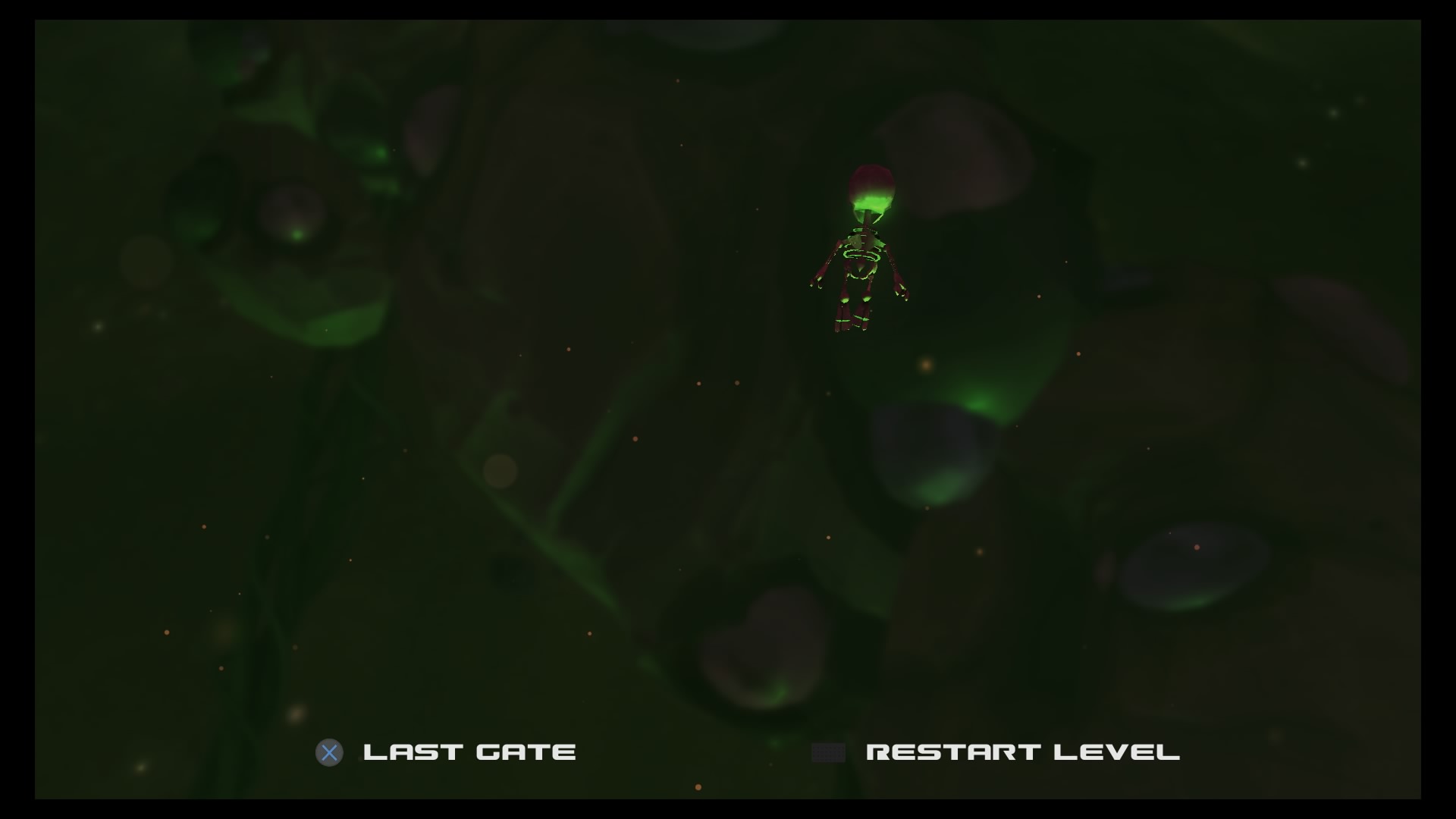
-
LOST ORBIT_20150507221539
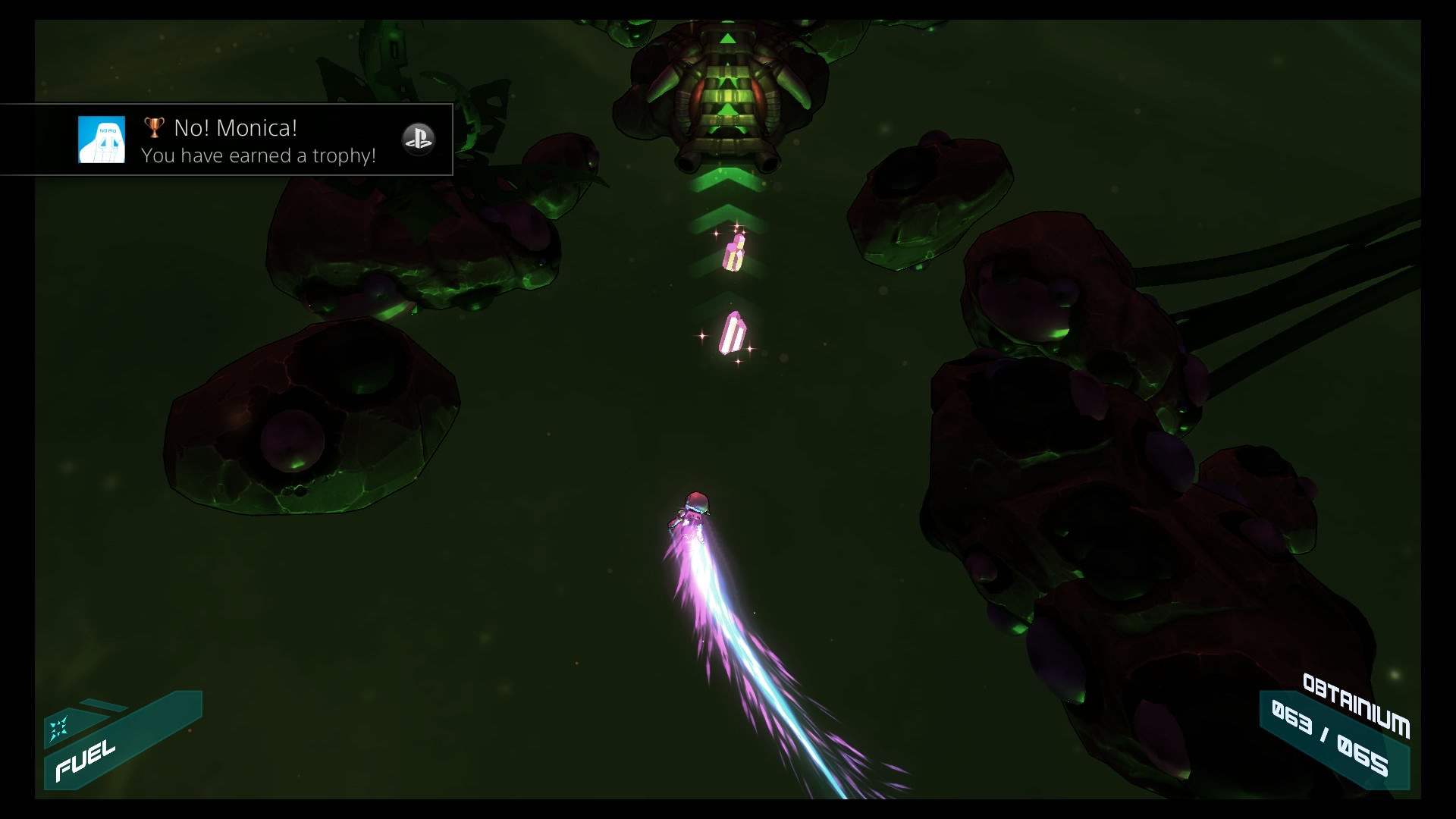
-
LOST ORBIT_20150507221937
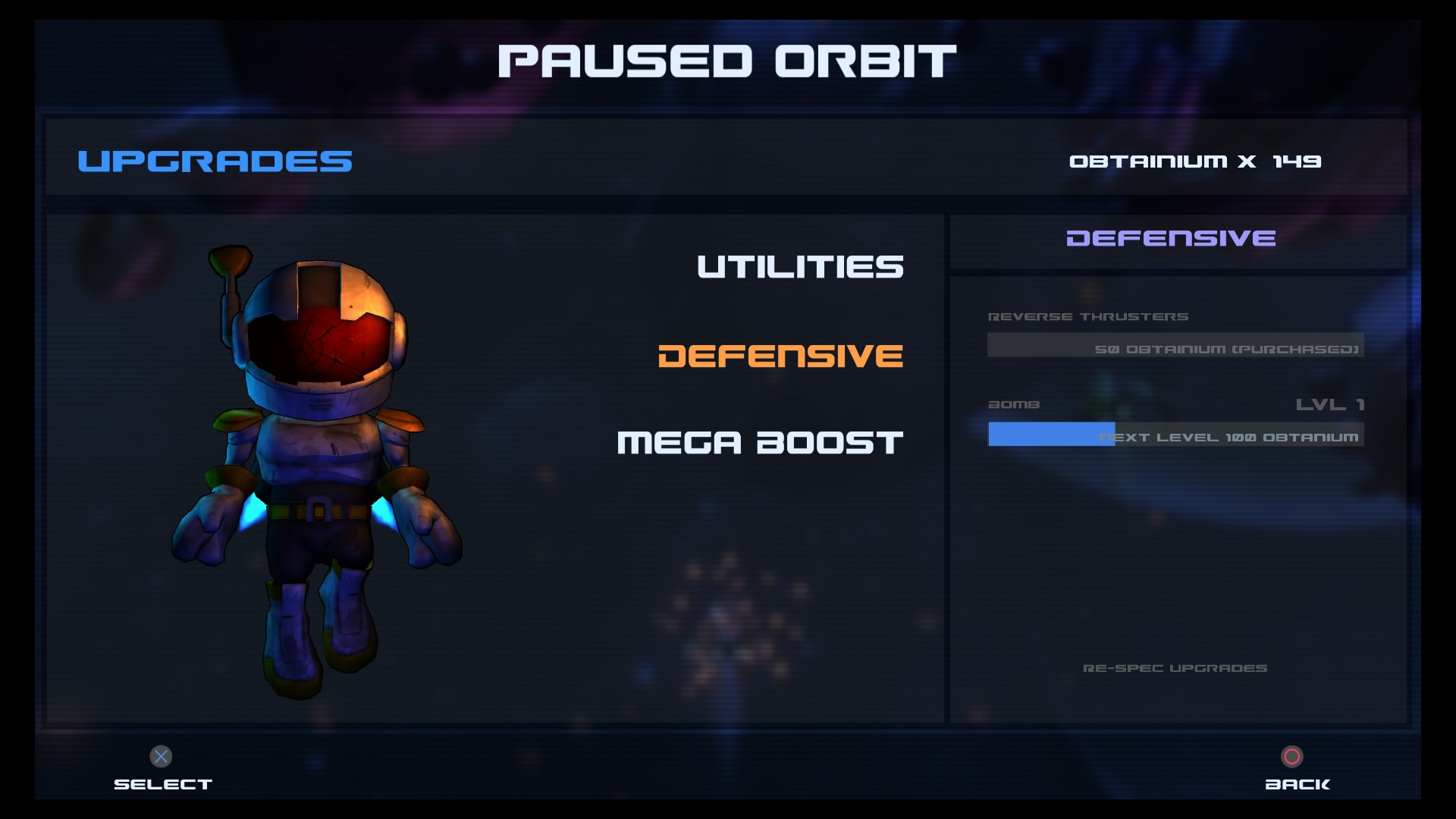
-
LOST ORBIT_20150507224021
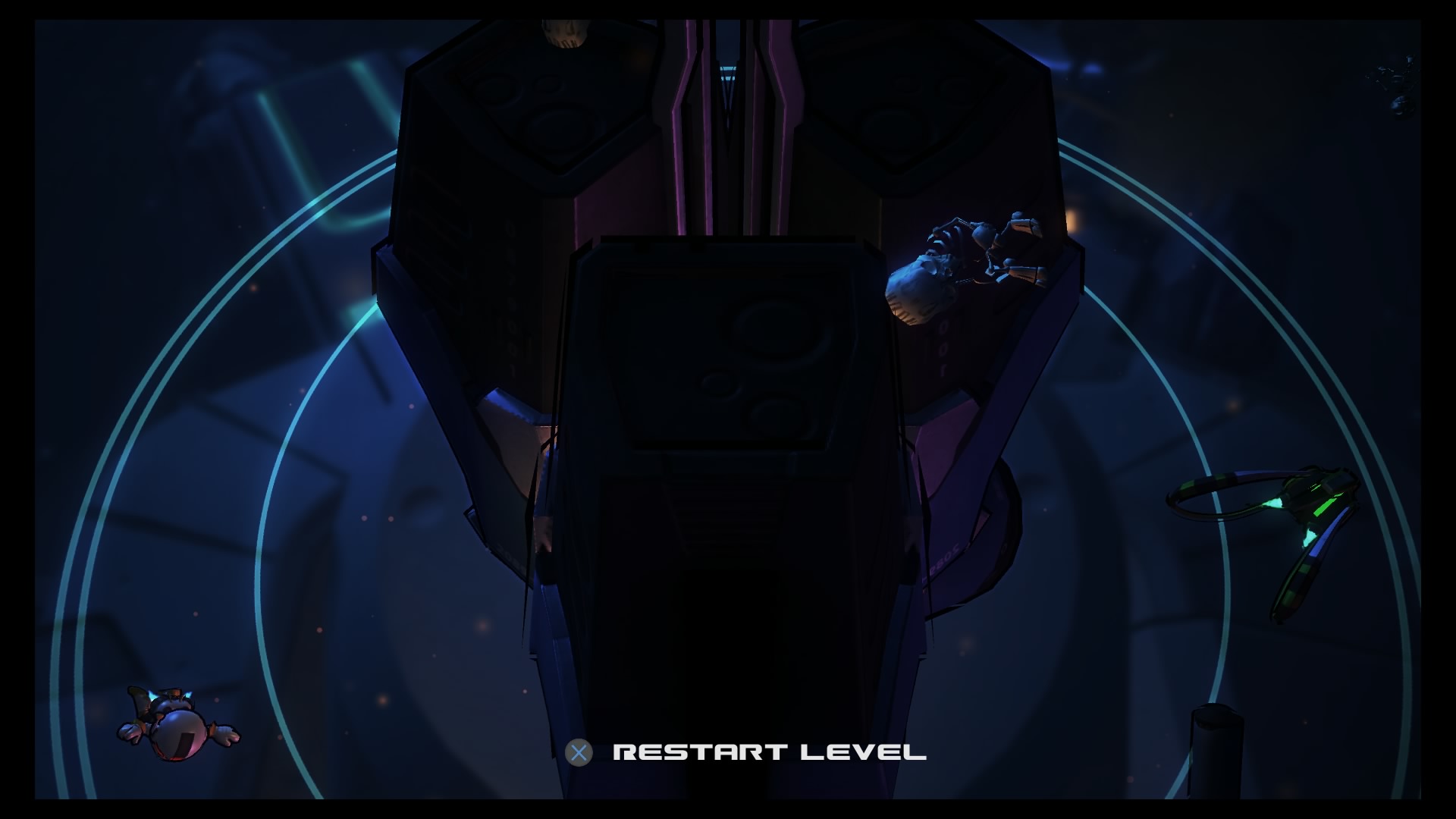
-
LOST ORBIT_20150507224027
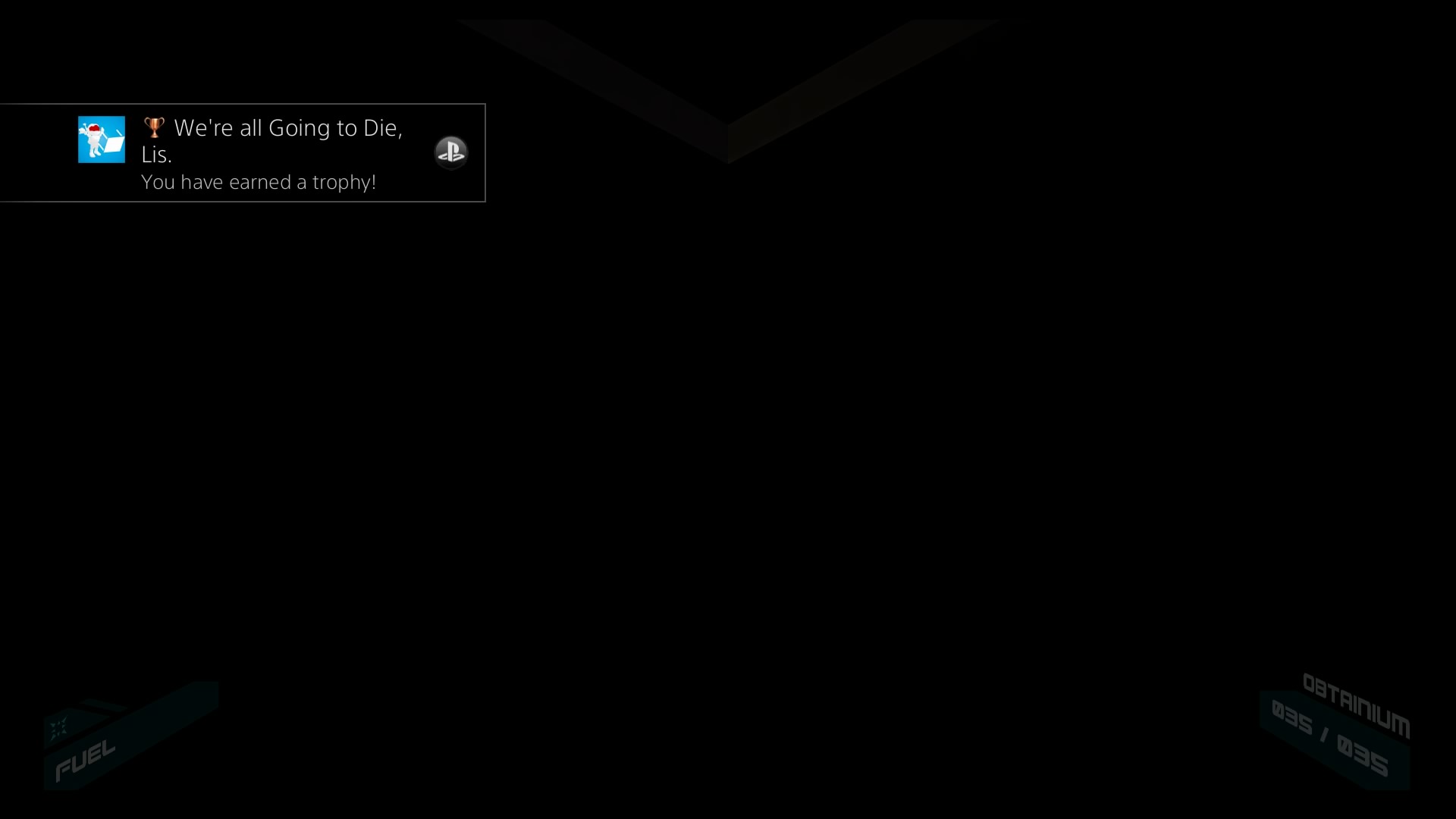
-
LOST ORBIT_20150507225048
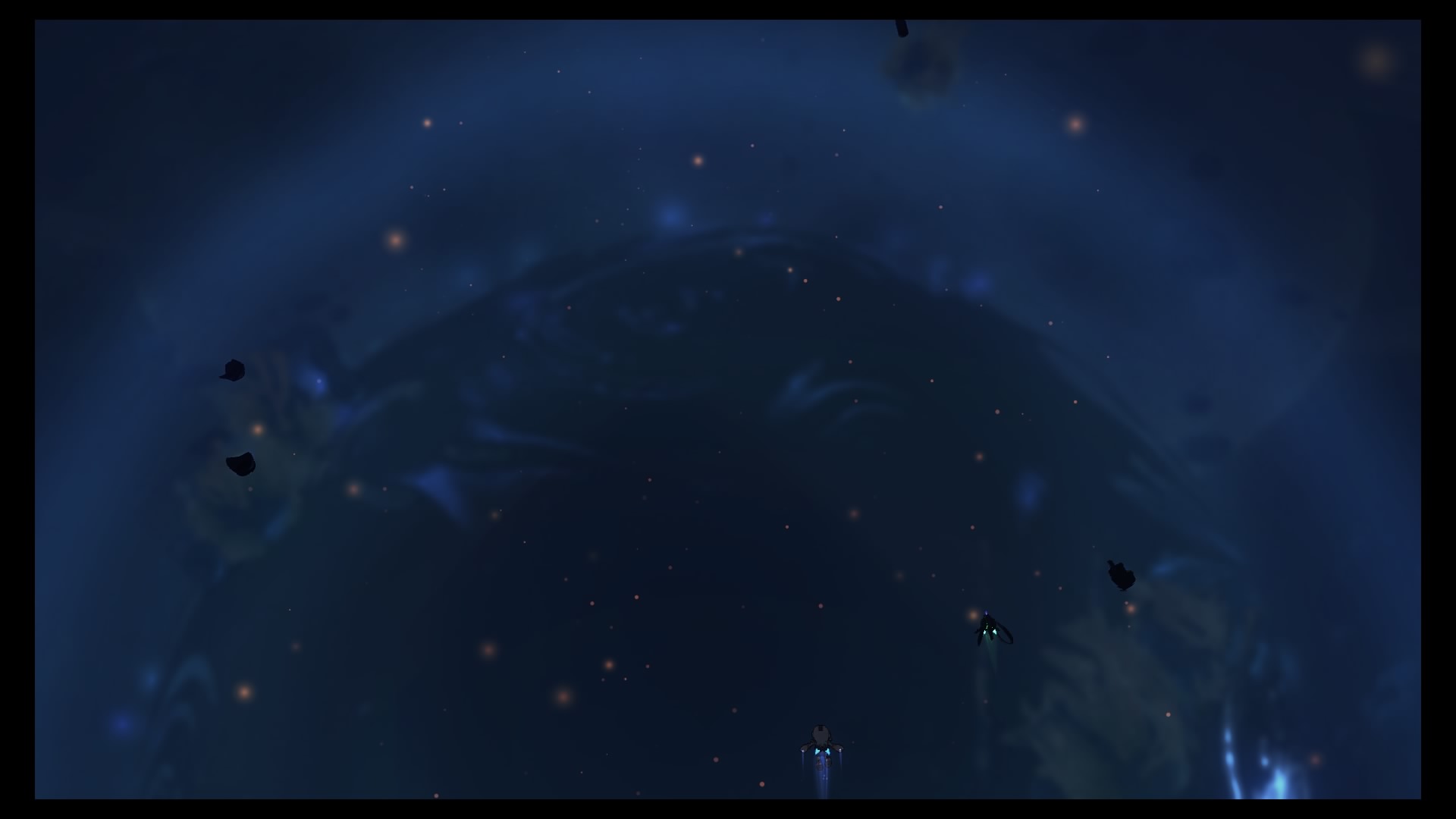
-
LOST ORBIT_20150507231148
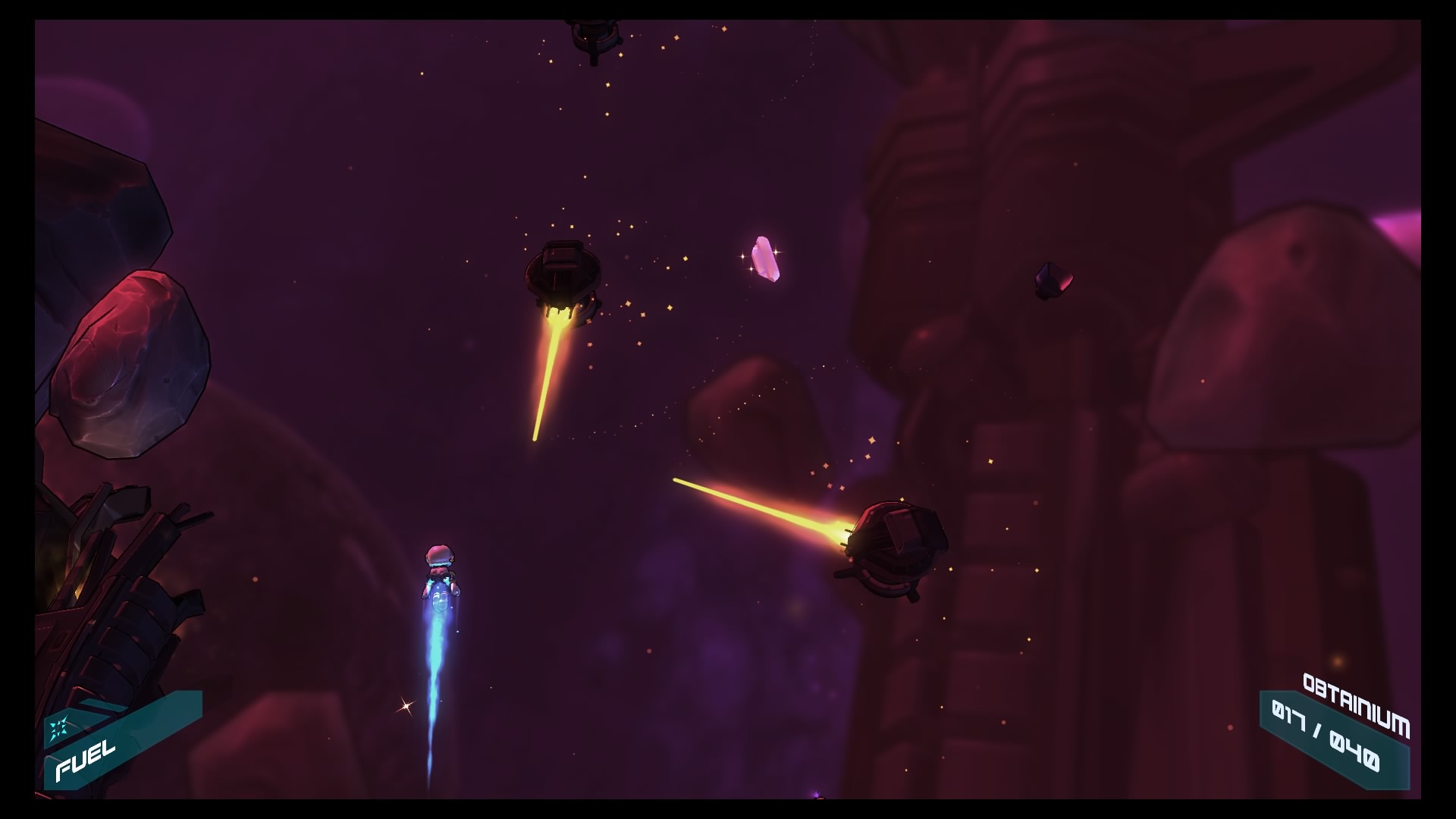
-
LOST ORBIT_20150507233248
